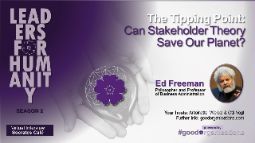
“We need to think not only about what is the right, but about what is good. How can business build something that is actually good. We need to understand how the right and the good can work together.” – Ed Freeman
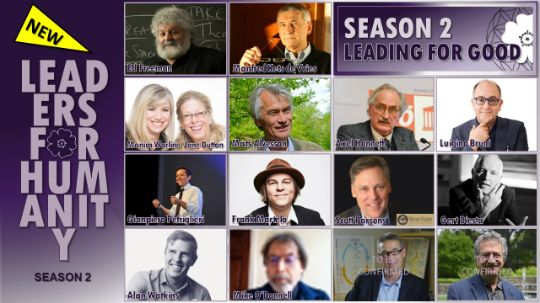
Jump directly to the recordings (available once published)
NOW AVAILABLE: The recording & some of our preferred quotes
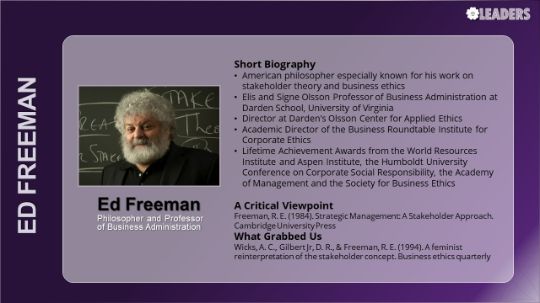

How to lead in a world where leadership extends to a whole range of stakeholders inside and outside an organization
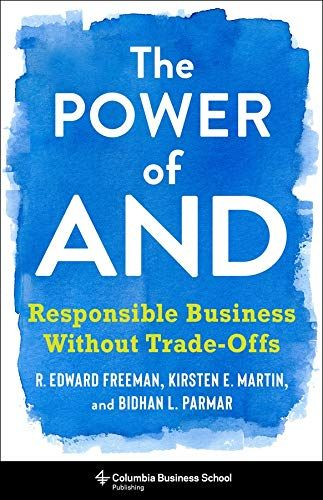
The Power of And offers a new narrative about the nature of business, revealing the focus on responsibility and ethics that unites today’s most influential ideas and companies.
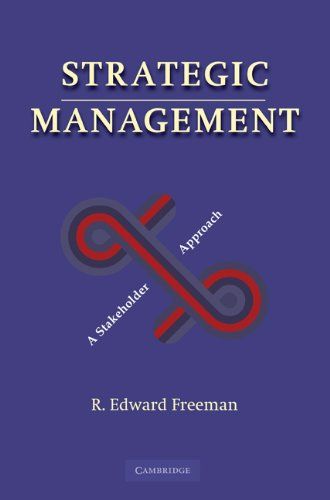
Business can be understood as a system of how we create value for stakeholders. This worldview connects business and capitalism with ethics once and for all.
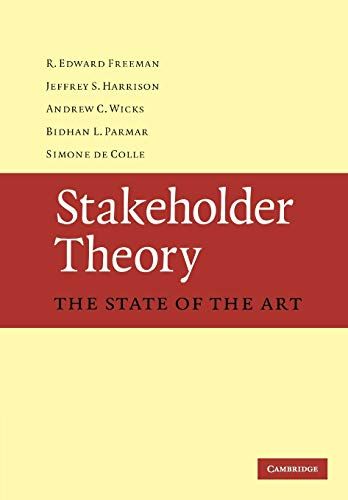
This book examines the body of research related to Stakeholder Theory and assesses its relevance for our understanding of modern business.
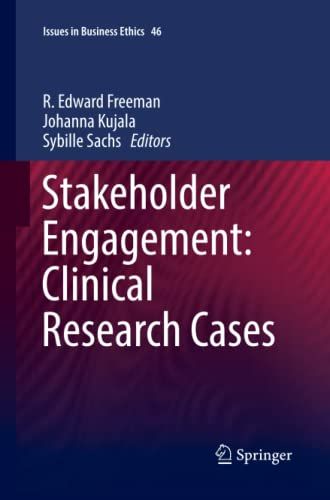
This book offers a case-study approach to stakeholder theory that moves beyond theoretical analysis to the applied.
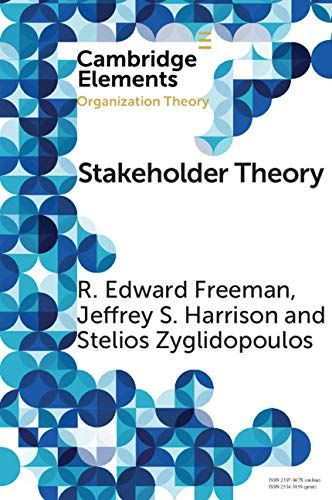
This book presents a number of tools that managers can use to implement stakeholder thinking, better understand stakeholders and create value with and for them.

This book presents a method that might be called an Aristotelian common-sense approach to ethical decision making.
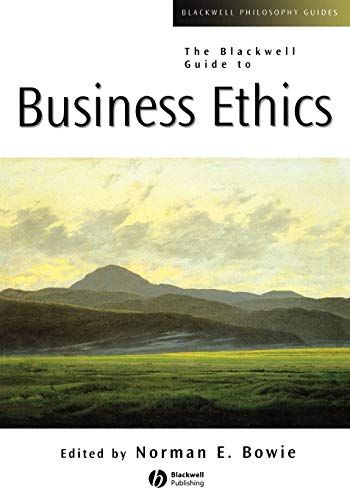
The Blackwell Guide to Business Ethics acquaints the reader with theoretical and pedagogical ethical issues in the practice of business
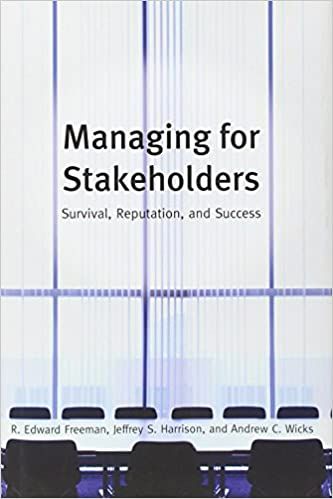
Managing for Stakeholders helps leaders develop a mindset that asks the Value Creation Question: How can we create as much value as possible for all of our stakeholders?
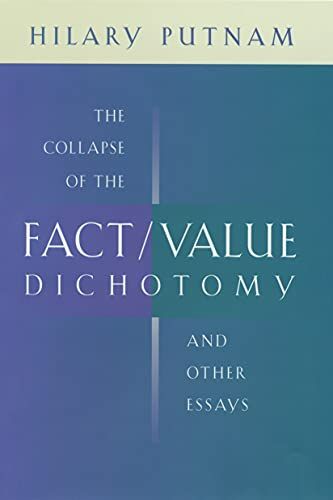
Although it is on occasion useful to distinguish between factual claims and value judgments, it positively harmful when identified with a dichotomy between objective and purely "subjective."
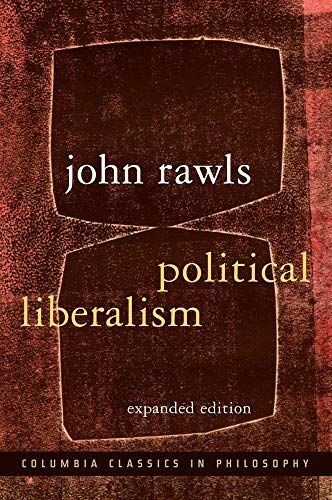
In A Theory of Justice Rawls assumed a "well-ordered society". Now Rawls asks how a just society can live in concord when divided by reasonable but incompatible doctrines?
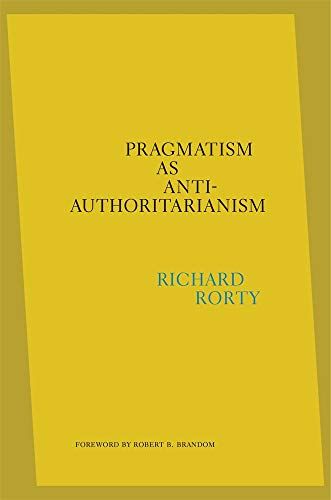
Marking a new stage in the evolution of his thought, Rorty’s final masterwork identifies anti-authoritarianism as the principal impulse and virtue of pragmatism.
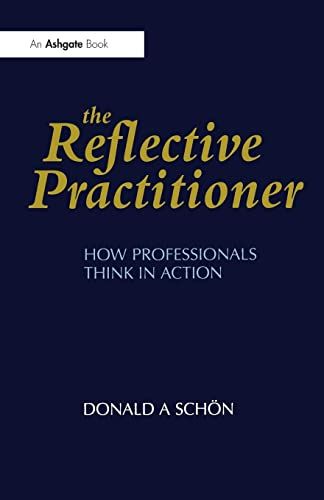
The best professionals rely less on formulas learned in graduate school than on the kind of improvisation learned in practice.
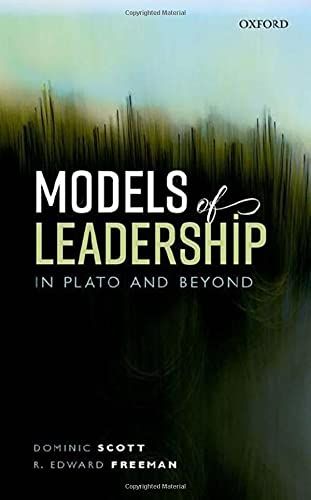
Plato brought a richness and complexity to common ideas about the nature and purpose of leadership. Rather than attempting to give a single 'one-size-fits-all' definition, his strategy was to break it into its different strands.
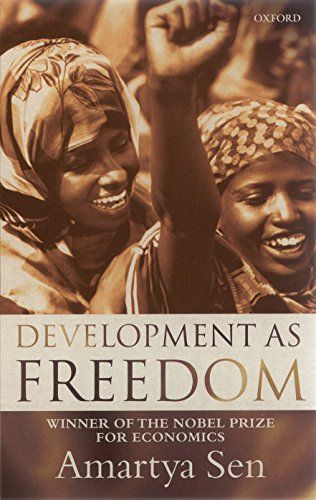
In Development as Freedom Amartya Sen explains how in a world of unprecedented increase in overall opulence millions of people living in the Third World are still unfree.
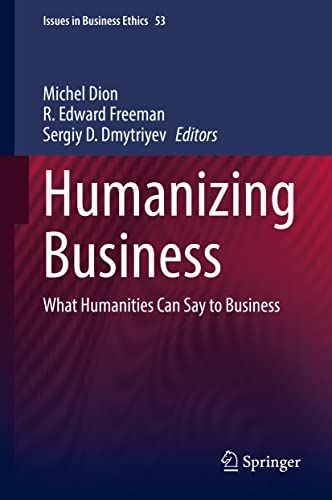
This book is about humanizing business. The volume travels outside the world of business to explore what Humanities – such as Philosophy, History, Literature, Creative Arts, and Cultural Studies – can offer to business.

Standing at the crossroads of psychology and religion, this catalyzing work applied the scientific method to a field abounding in abstract theory.
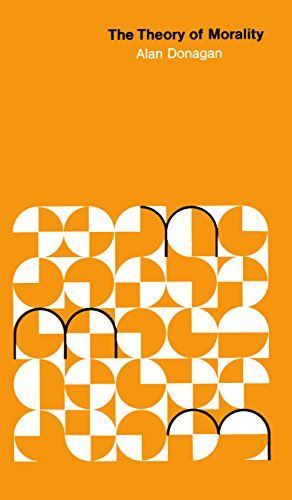
If you have philosophical inclinations and want a good workout, this conscientious scrutiny of moral assumptions and expressions will be most rewarding.

NOW AVAILABLE: The recording & some of our preferred quotes
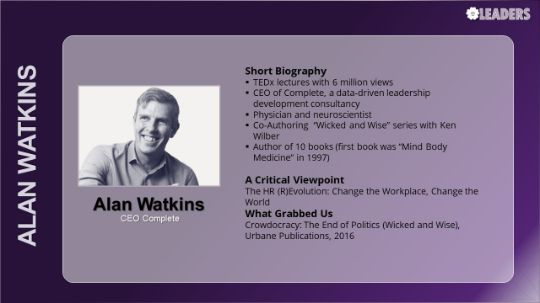
The 4D Leadership Framework
The LMP (Leadership Maturity Profile) Model
Waves of HR from 1990 to 2040
Evolution towards Crowdocracy
The Innovation Funnel
Transcendence vs Detachment
Step Change Wheel
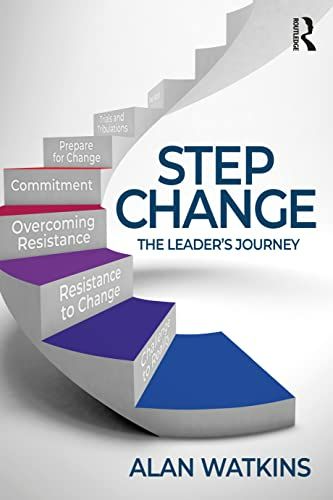
We need to change our view of change and see it for the opportunity it really is. Step Change: The Leader’s Journey helps leaders to become gifted and skilful at moving through the change process
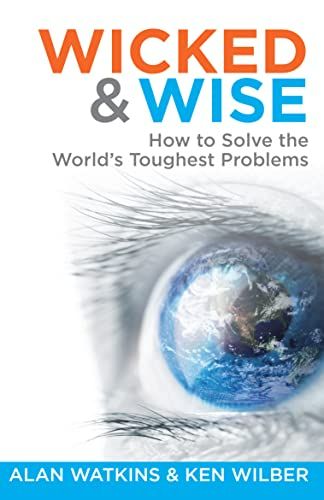
Wicked & Wise is the compelling launch title in a groundbreaking new series exploring hotly debated issues facing the planet and its people, and offering unique ways to tackle seemingly intractable social and cultural challenges.
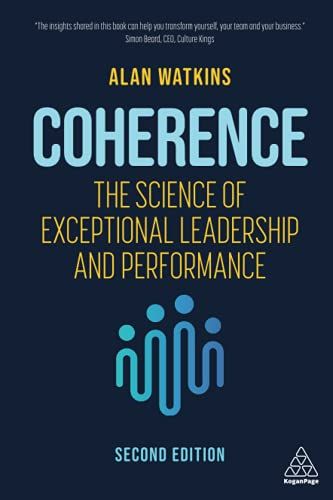
Most leaders are operating nowhere near their optimal level of performance. In this book, Dr Alan Watkins helps leaders at every level understand how they can transform their output and unlock their true potential.
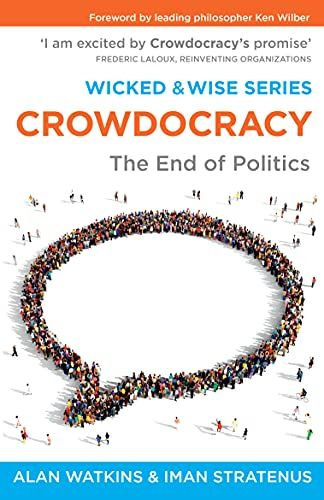
Crowdocracy: The End of Politics discusses one of the world’s most debated and critical issues – who decides our futureand how should we be governed?
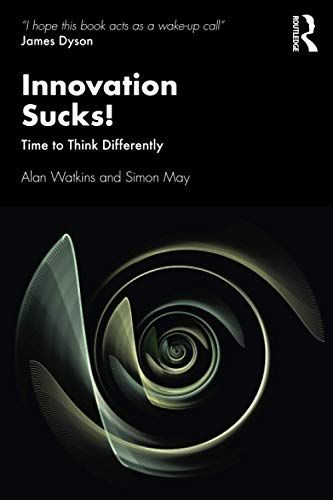
Businesses spend billions on innovation with very little to show for their investment or effort. This book challenges some of the ‘ingrained truths’ of innovation and suggests a different approach.

The HR (R)Evolution describes the "Seven Great Waves" of change and explains how each wave impacted business. It’s for leaders who recognise that people issues are the central challenge of our time.
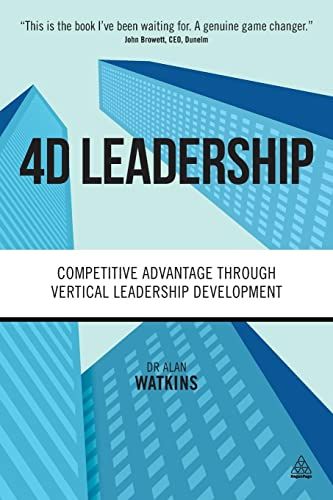
Today's leaders need to change radically to meet the challenge of complex organizations. This requires a step-change in development in three fundamental dimensions: how you do things, who you are, and how you relate to other people.
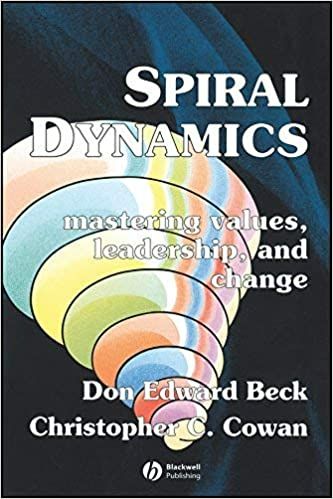
Spiral Dynamics (SD) is a model of the evolutionary development of individuals, organizations, and societies. It was initially developed by Don Edward Beck and Christopher Cowan based on the emergent cyclical theory of Clare W. Graves,
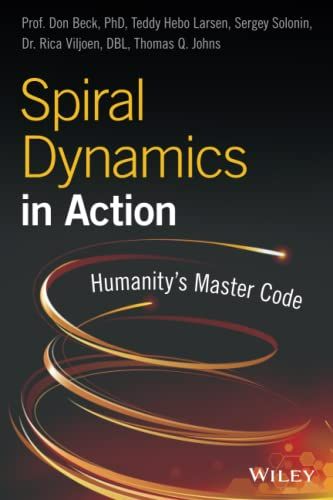
Spiral Dynamics in Action explores the evolution of modern business, and provides a model for moving forward amidst ever-increasing complexity and change.
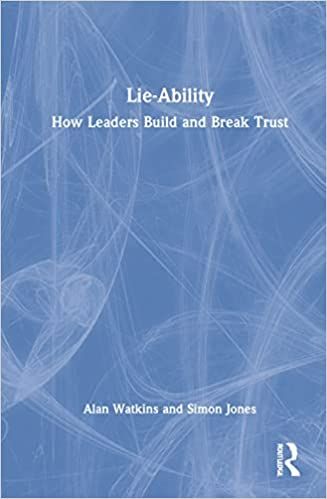
Business success depends on the ability to build trust. Trusted leaders inspire followers, grow companies, revenues, and futures. Sadly, deceit has infected business and become widespread.
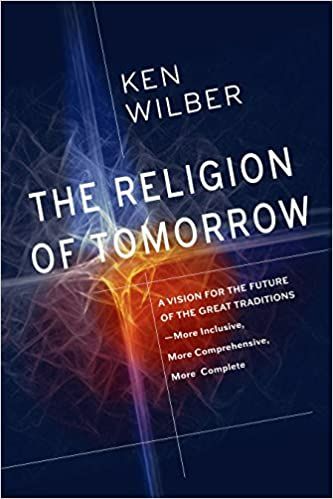
A provocative examination of how the great religious traditions can remain relevant in modern times by incorporating scientific truths learned about human nature over the last century.
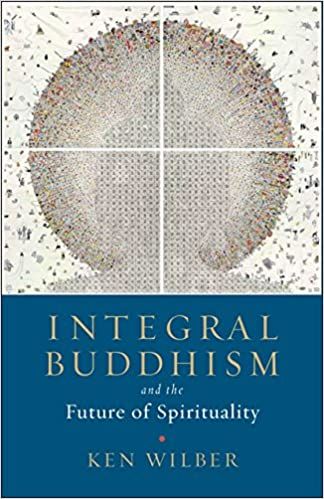
An edifying view of Buddhism from one of today's leading philosophers: a look at its history and foundational teachings, how it fits into modern society, and how it (and other world religions) will evolve.
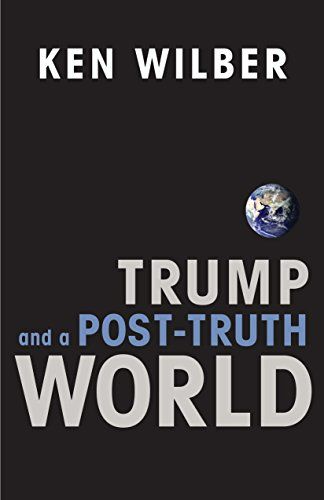
A provocative and balanced examination of our current social and political situation -- by a cutting-edge philosopher of our times.
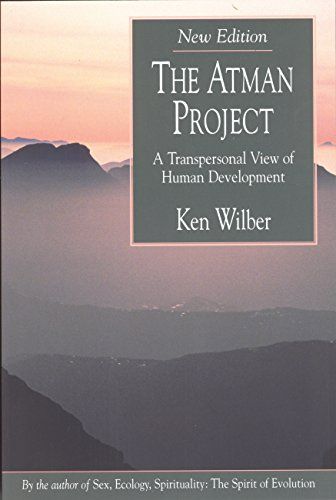
Wilber traces human development from infancy into adulthood and beyond, into those states described by mystics and spiritual adepts.
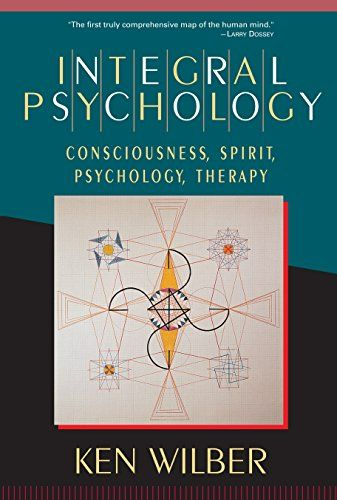
A leader in transpersonal psychology presents the first truly integrative model of spiritual consciousness and Western developmental psychology
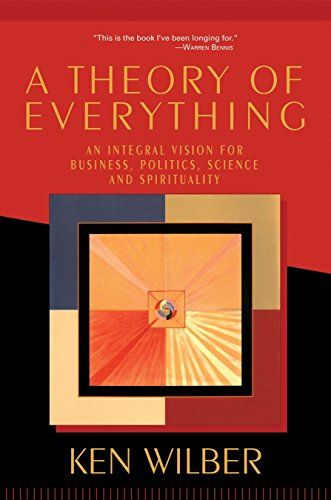
A concise, comprehensive overview of the "M Theory" and its application in today's world, by a renowned American philosopher
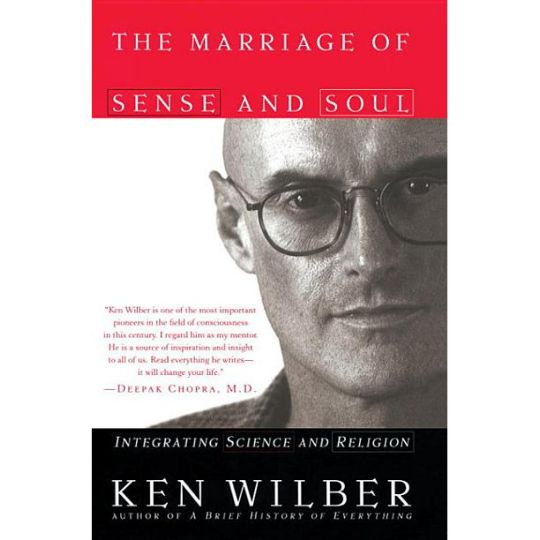
Ken Wilber explores the ways science, which seeks truth, and religion, which seeks meaning, might be reconciled to further human happiness.
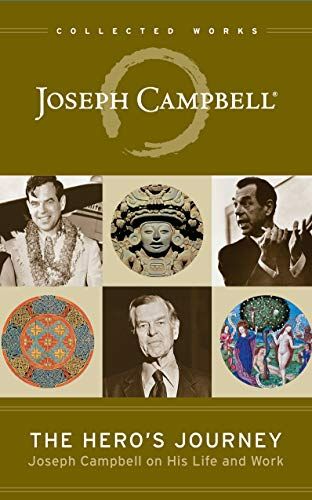
This masterfully crafted book interweaves conversations between Campbell and some of the people he inspired
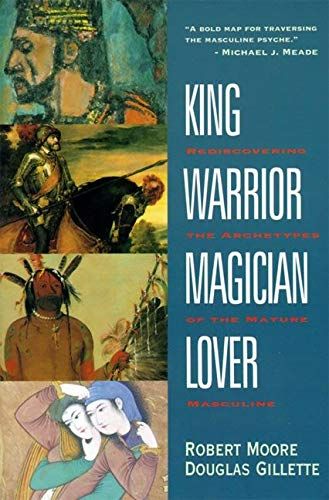
Arguing that mature masculinity is not abusive or domineering, Moore and Gillette provide a Jungian introduction to the psychological foundations of a mature, authentic, and revitalized masculinity.
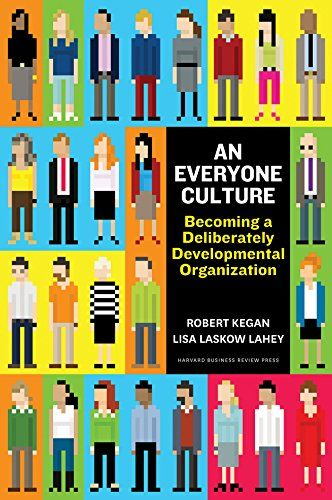
In most organizations nearly everyone is doing a second job no one is paying them for--namely, covering their weaknesses, trying to look their best, and managing other people's impressions of them.
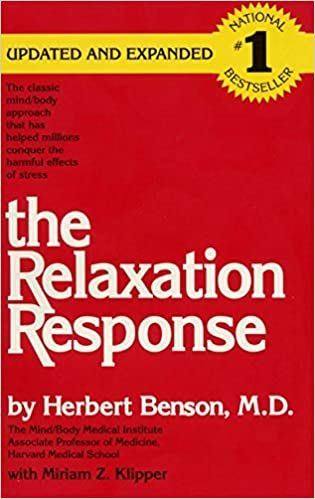
Using ancient self-care techniques rediscovered by Herbert Benson, M.D., a pioneer in mind/body medicine for health and wellness, you can relieve your stress, anxiety, and depression
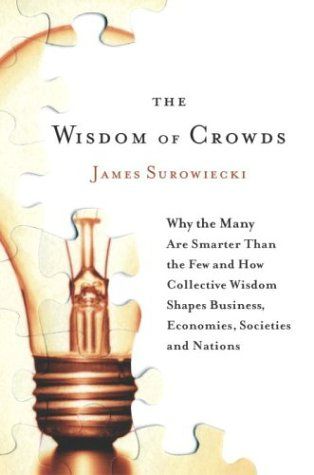
ecisions taken by a large group, even if the individuals within the group aren't smart, are always better than decisions made by small numbers of 'experts'.
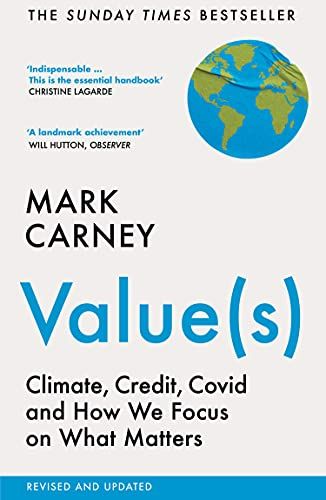
This book asks why it is that the things we value most – from the environment to frontline workers to keeping children well fed and educated – are so often neglected by the market.
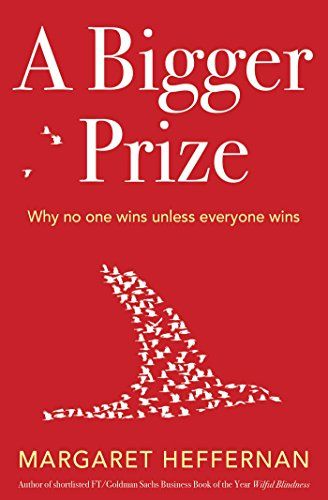
Margaret Heffernan shows in this eye-opening look at competition, that it regularly produces just what we don't want: rising levels of fraud, cheating, stress, inequality and political stalemate.
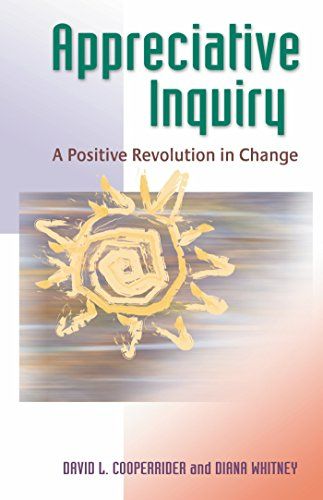
This practical guide offers an approach to organizational change based on the possibility of a more desirable future, experience with the whole system, and activities that signal ""something different is happening this time."
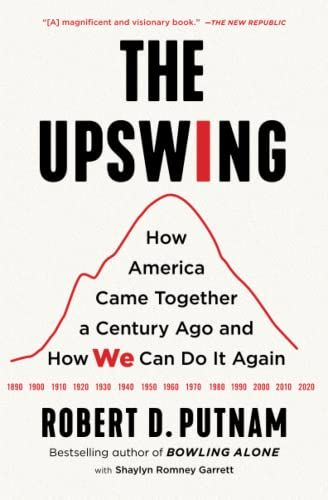
Upswing is Robert Putnam's brilliant analysis of economic, social, cultural and political trends, showing how America went from an individualistic ‘I’ society to a more communitarian ‘We’ society and back again

If machine brains one day come to surpass human brains in general intelligence, then this new superintelligence could become very powerful.
NOW AVAILABLE: The recording & podcast

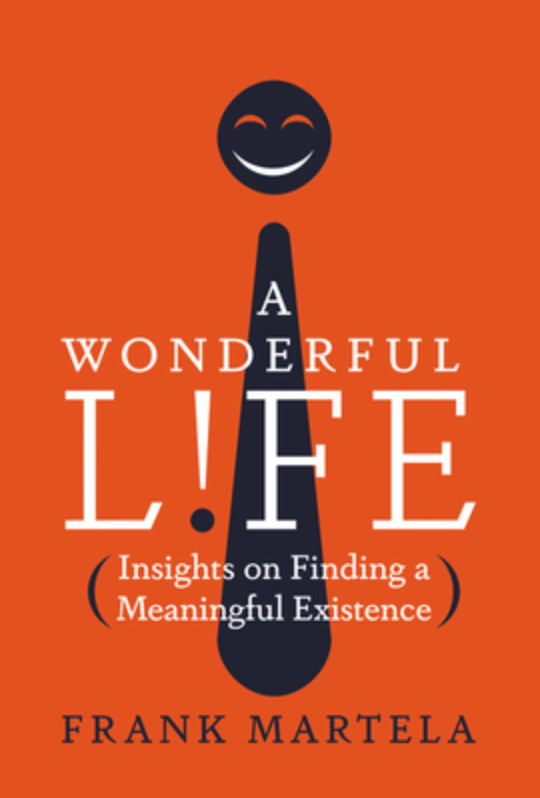
Wonderful Life. Insights on Finding a Meaningful Existence.
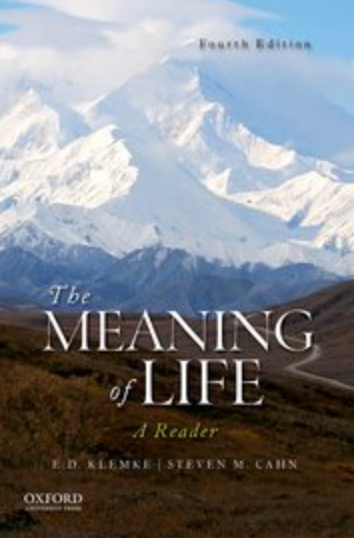
The Meaning of Life. A Reader.
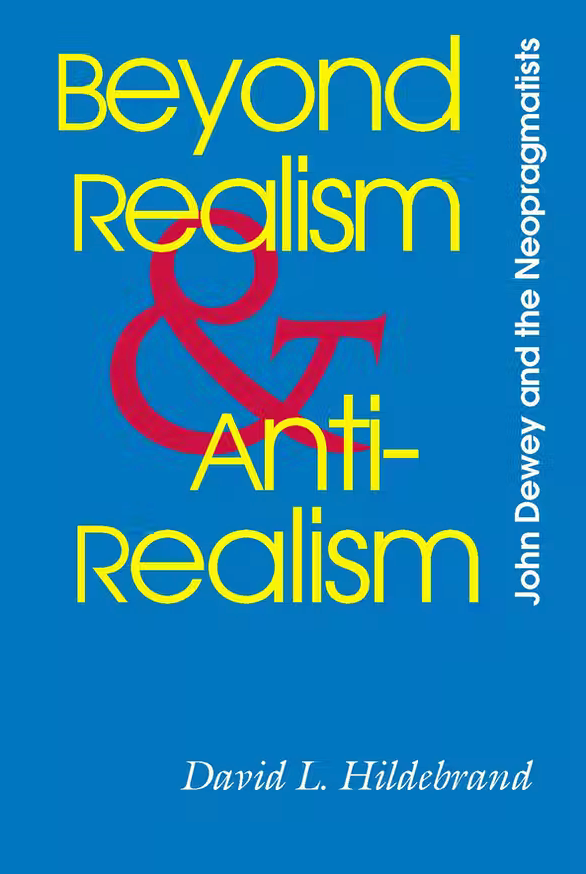
Beyond Realism and Antirealism: John Dewey and the Neopragmatists.
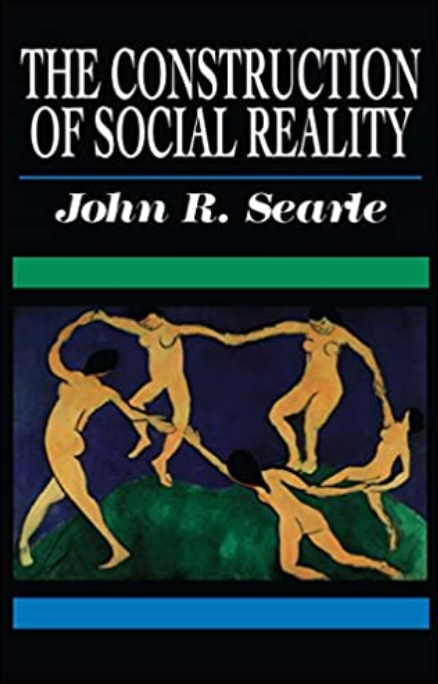
The Social Construction of Reality.

Man's Search for Meaning
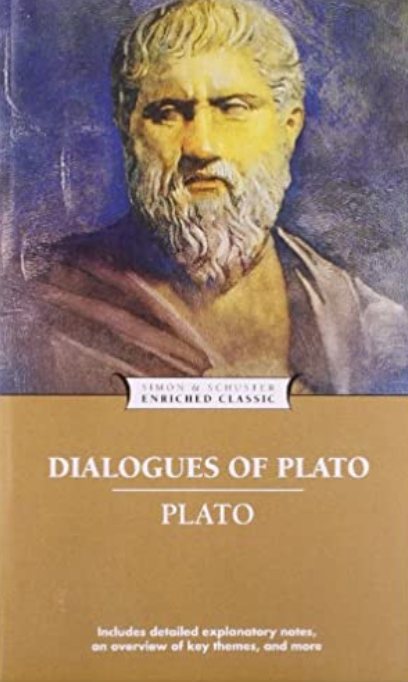
Dialogues of Plato
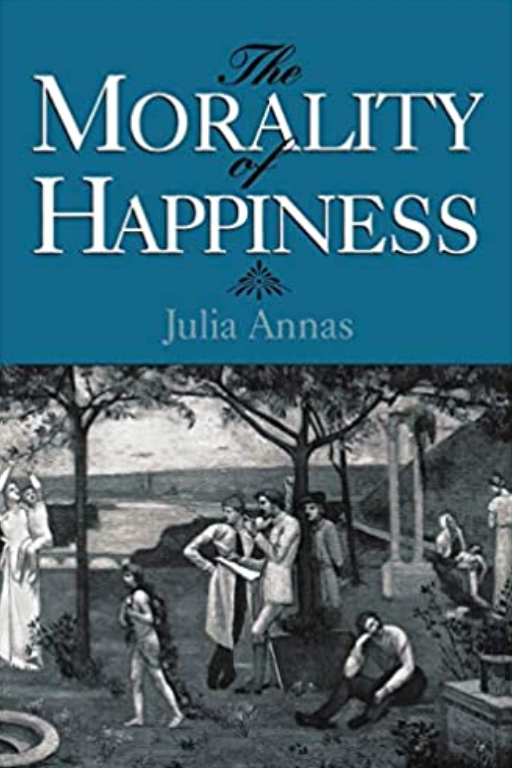
The Morality of Happiness
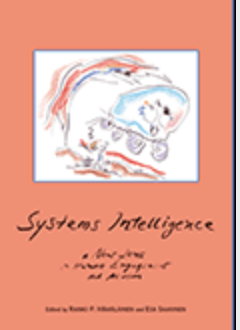
Systems Intelligence – A New Lens on Human Engagement and Action
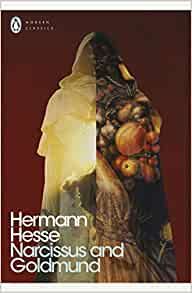
Narcissus and Goldmund is contrasting the careers of two friends, one of whom goes on the road, tangled in the extremes of life, the other staying in the monastery and struggling to lead a life of spiritual denial.
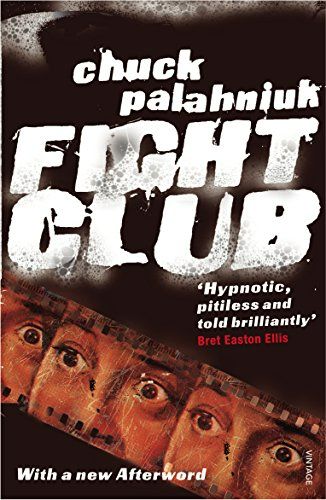
Every weekend, in basements and parking lots across the country, young men with good white-collar jobs and absent fathers take off their shoes and shirts and fight each other barehanded for as long as they have to.
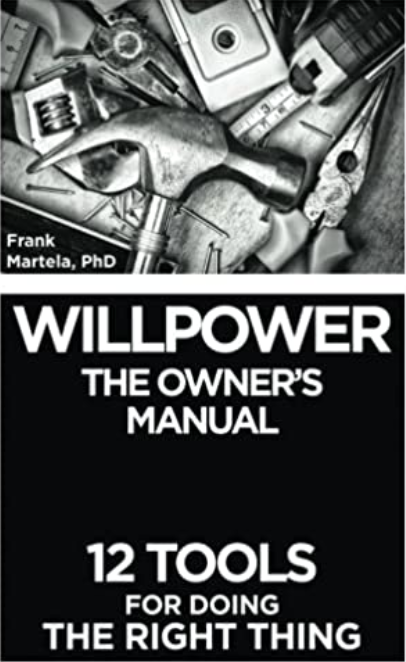
Willpower - 12 Tools For Doing The Right Thing
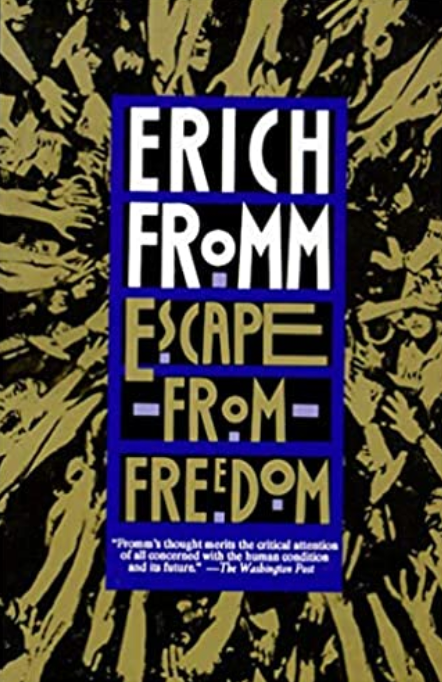
Escape from Freedom

The Best Bits from Leaders for Humanity with Frank Martela - Re-enchanting our Organisations: Making Work Meaningful
NOW AVAILABLE: The recording & podcast
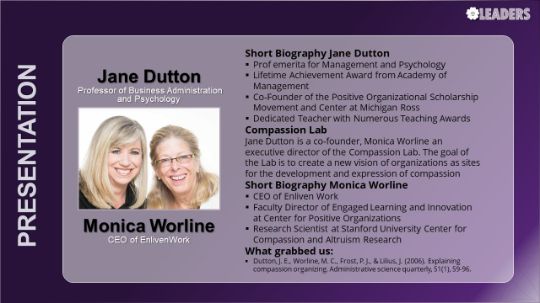
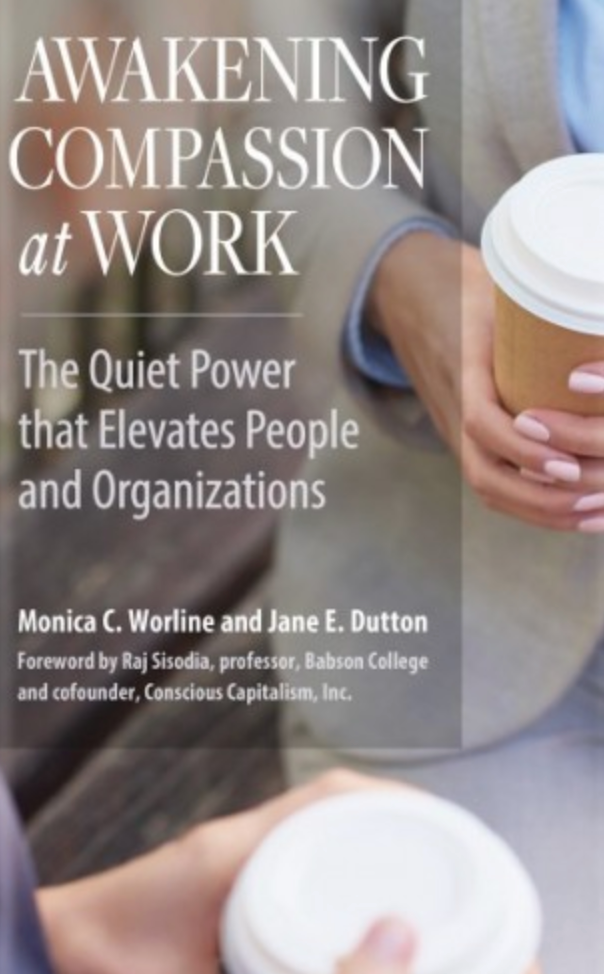
Awakening Compassion at Work
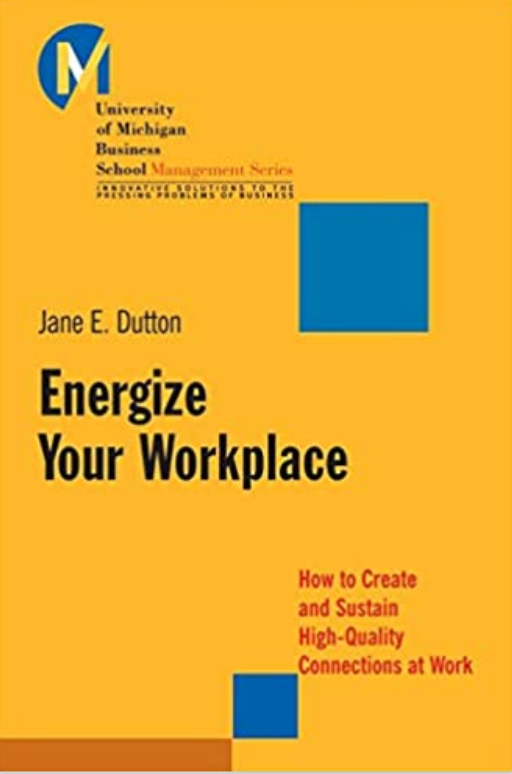
Energize Your Workplace
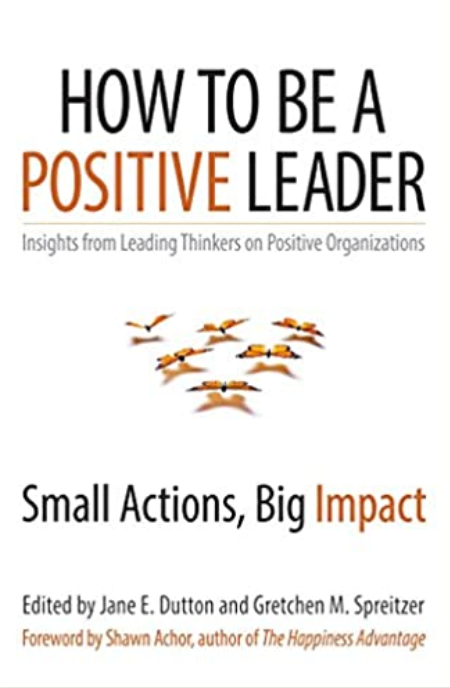
How to be a positive leader
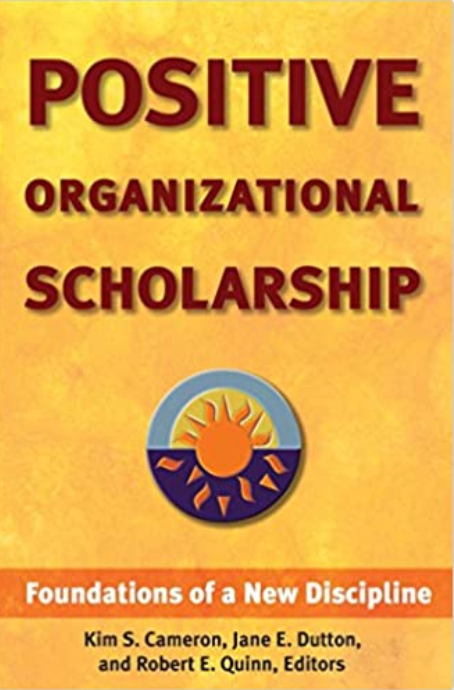
Positive Organizational Scholarship. Foundations of a New Discipline

The Oxford Handbook of Positive Organizational Scholarship
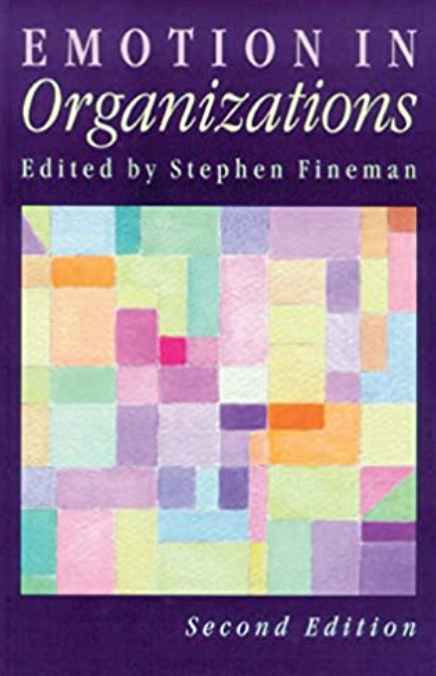
Emotion in Organizations
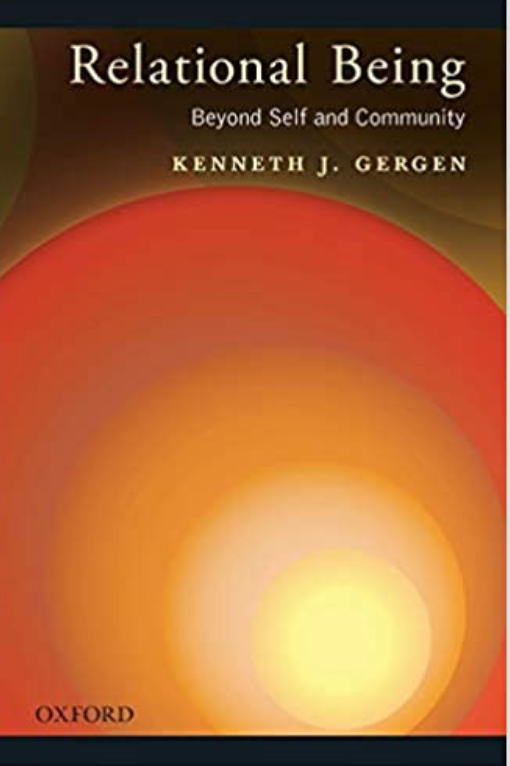
Relational Being
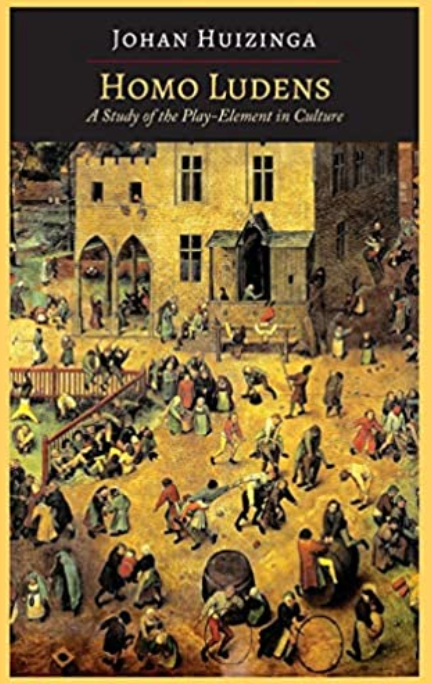
Homo Ludens
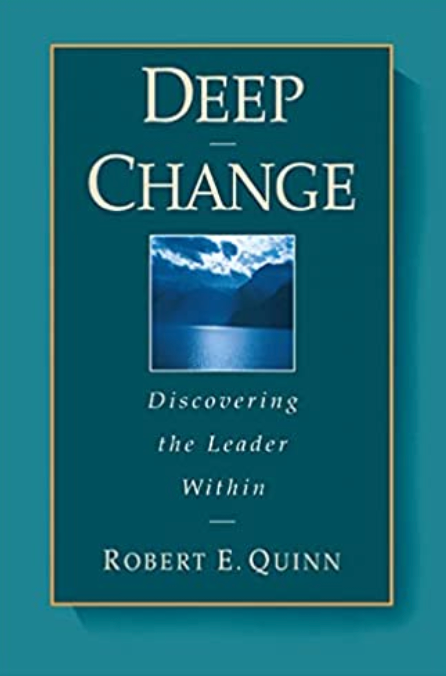
Deep Change: Discovering the Leader Within
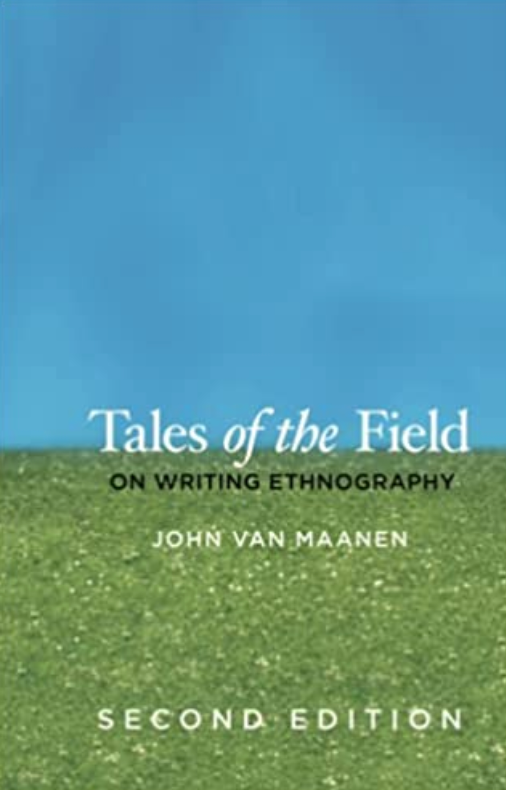
Tales of The Filed. On Writing Ethnography
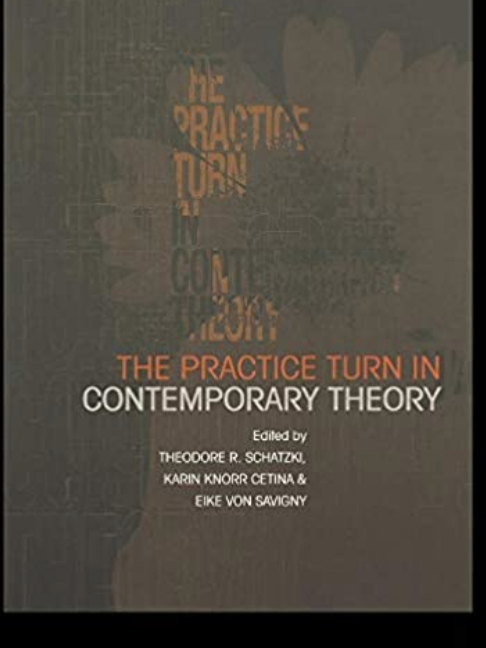
The Practice Turn in Contemporary Theory
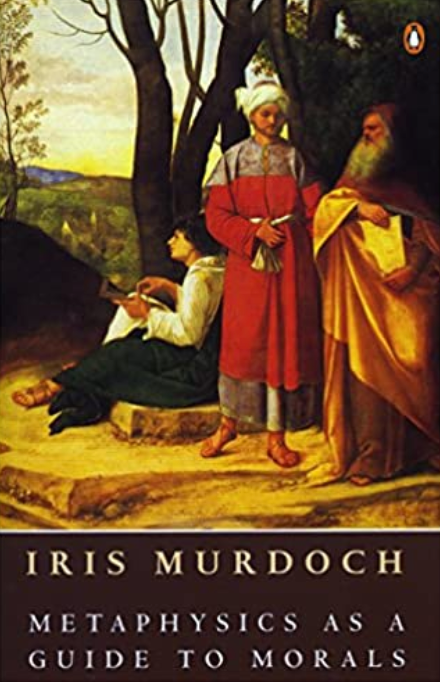
Metaphysics as a Guide to Morals

The Best Bits from Leaders for Humanity with
Jane Dutton and Monica Worline:Positive Organisational Scholarship: From Suffering to Flourishing
NOW AVAILABLE: The recording, transcript and podcast

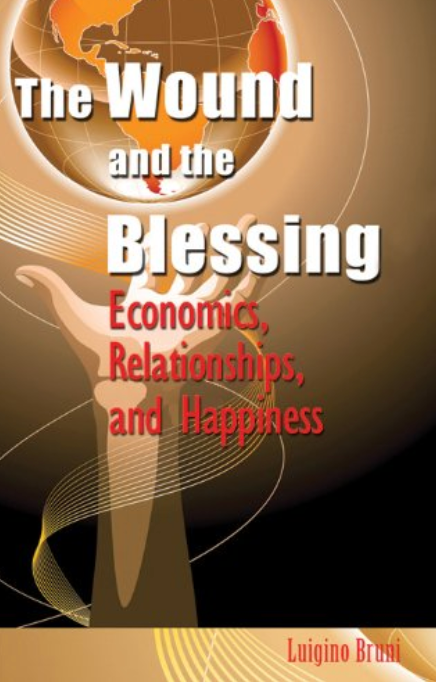
The Wound and the Blessing
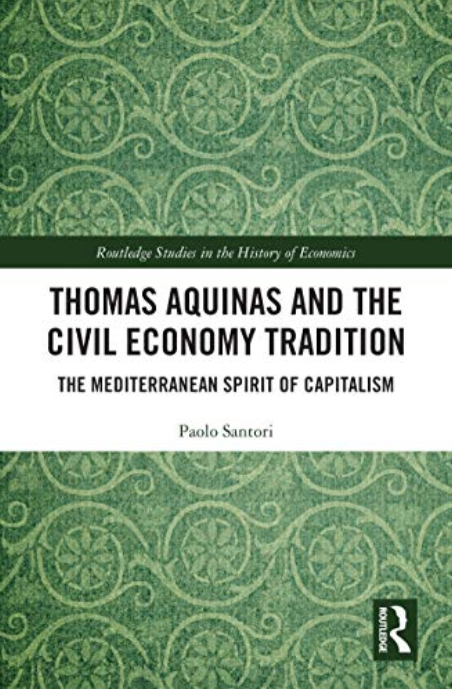
Thomas Aquinas and the Civil Economy Tradition
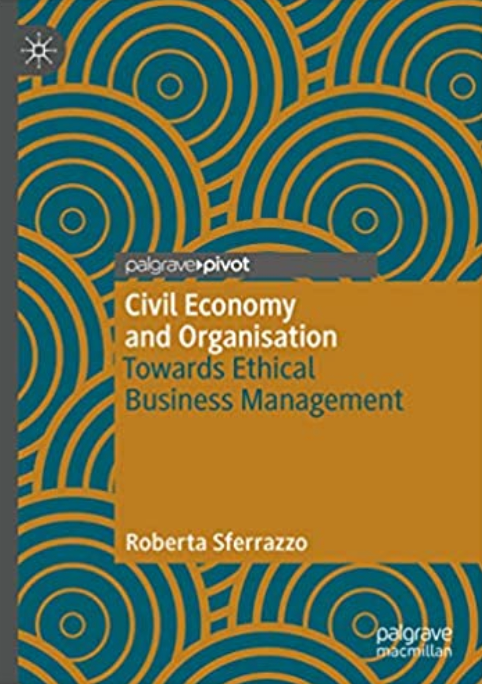
Civil Economy and Organisation
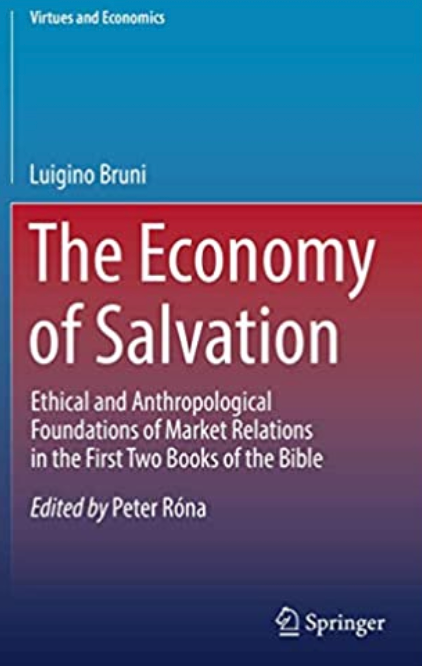
The Economy of Salvation
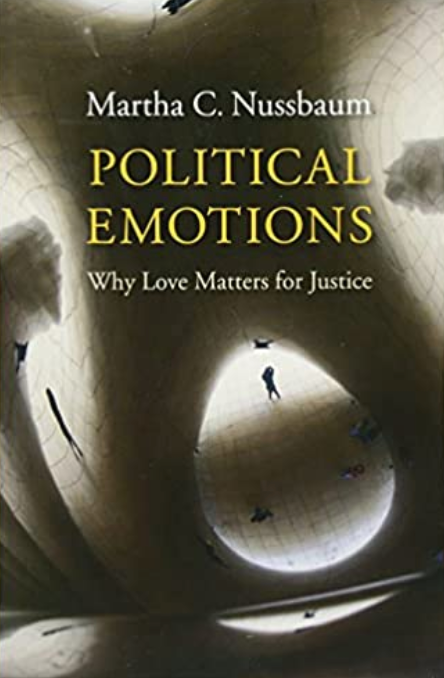
Political Emotions: Why Love Matters for Justice
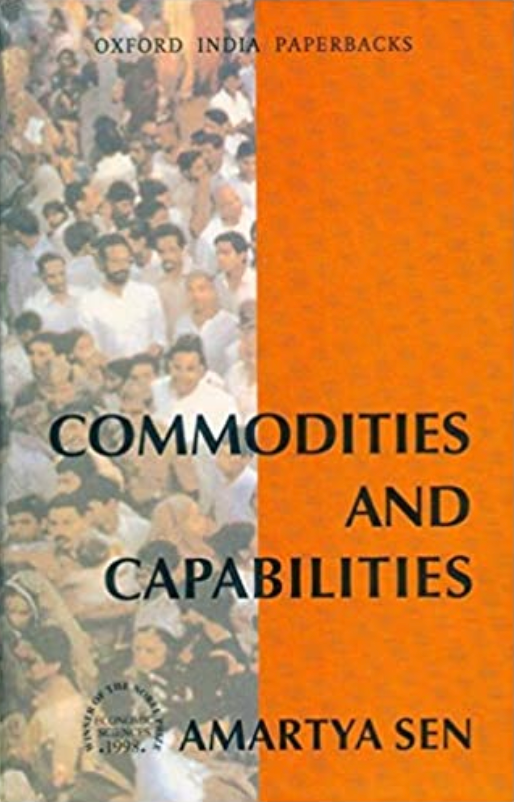
Commodities and Capabilities
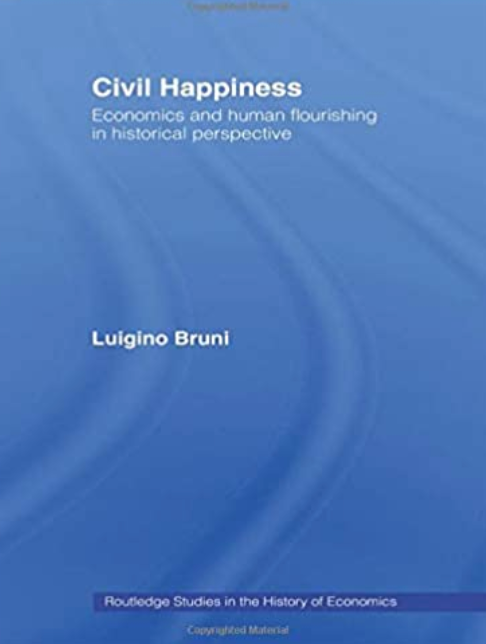
Civil Happiness
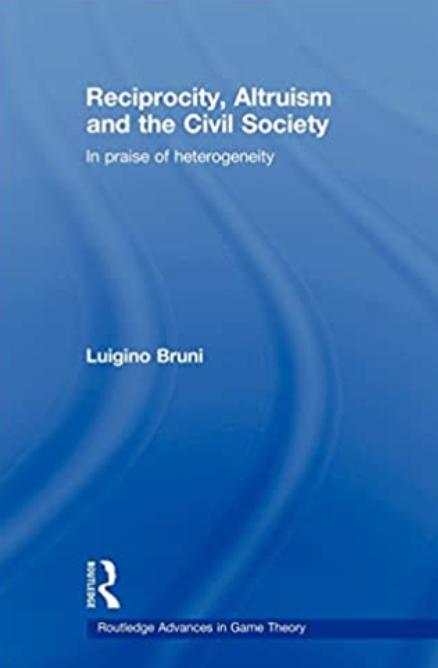
Reciprocity, Altruism and the Civil Society
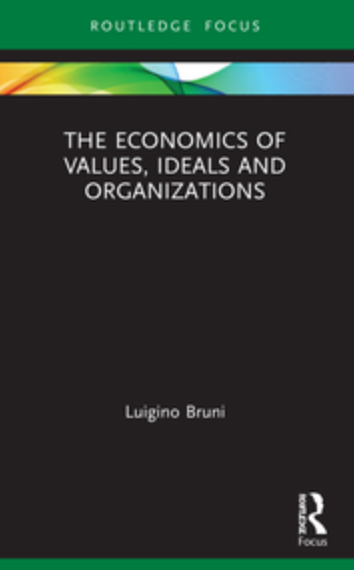
The Economics of Values, Ideals and Organizations
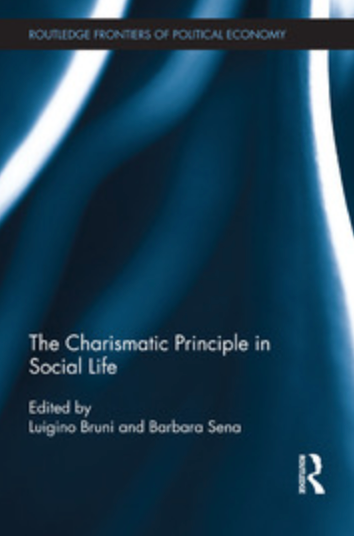
The Charismatic Principle in Social Life
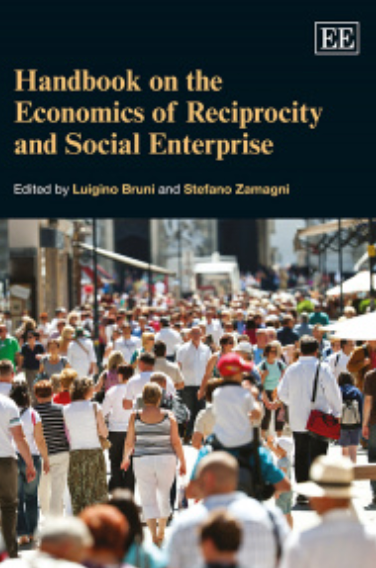
Handbook on the Economics of Reciprocity and Social Enterprise
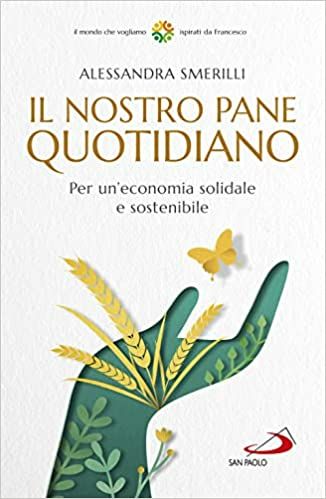
Come è possibile che oggi persone muoiano per le conseguenze dirette o indirette della fame o della malnutrizione, mentre abbiamo la capacità di produrre cibo per sfamare il triplo della popolazione mondiale
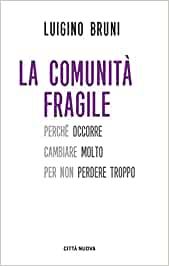
Comunità è parola tornata centrale. Invocata nelle solitudini e nella malattia, cercata e agognata quando le "community" virtuali ci hanno sfinito e sentiamo il bisogno di respirare.
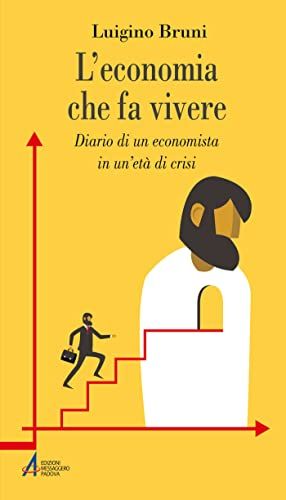
Una sorta di diario dell’anima di un economista in una età di passaggio.
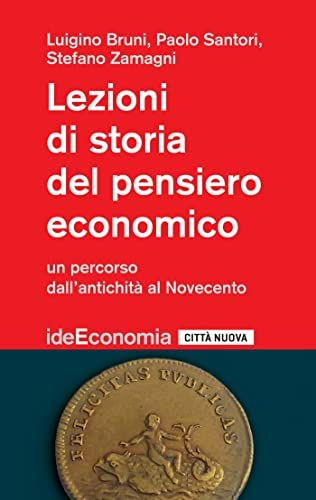
Data la varietà temporale, spaziale e culturale della strada da percorrere, gli autori propongono il presente volume come una mappa concettuale per orientarsi nell’immensa ricchezza della storia delle idee economiche.
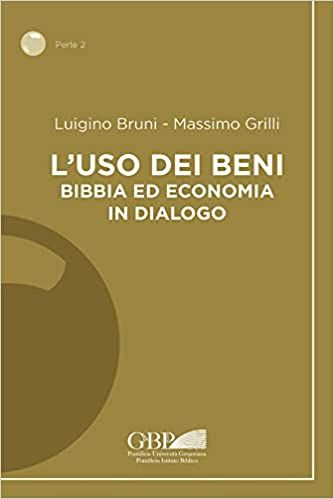
Nella Bibbia l'economia è qualcosa di tremendamente serio. Quello economico è uno dei linguaggi più amati dagli autori biblici.
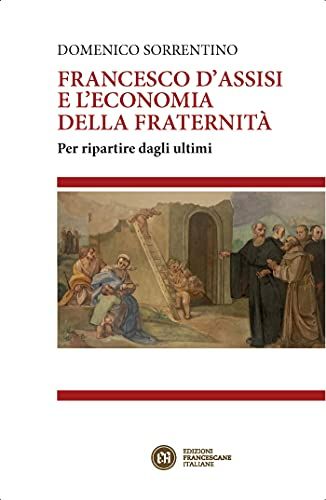
Francesco è anche un nome dell’economia. Anche se non è la prima parola che viene in mente, ma la grande profezia di Assisi fu - ed è - anche profezia economia, annuncio di un ‘non-ancora’ anche economico.
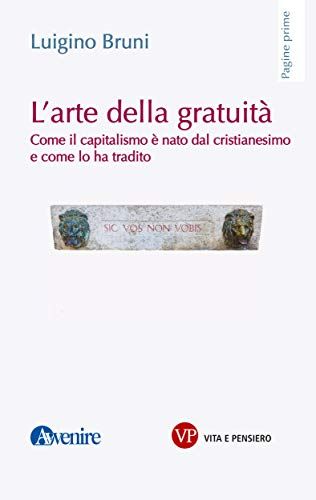
Luigino Bruni continua il percorso iniziato del best seller "Il capitalismo e il sacro" rispondendo a nuovi interrogativi: che cosa del cristianesimo è entrato nel capitalismo?
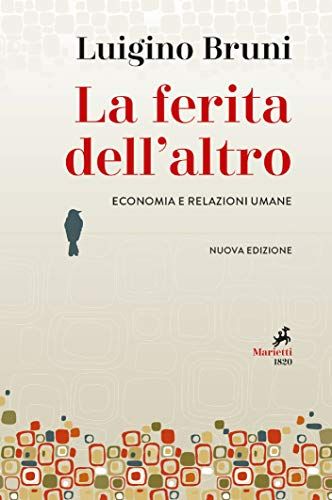
La scienza economica, con la sua promessa di una vita in comune senza sacrificio, rappresenta una grande via di fuga dal contagio della relazione personale.
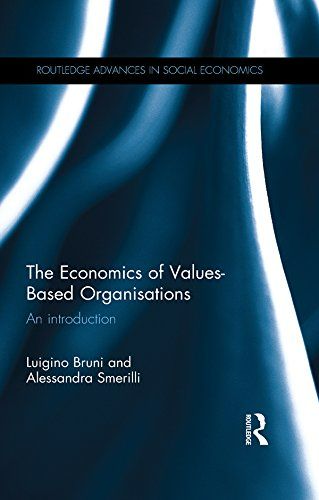
This book looks at the governance of values-based organizations (VBOs), which are organizations with a mission and identity based on ideals.
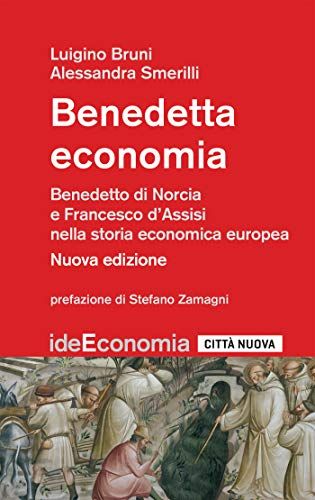
L’economia e i carismi; il mondo disincantato della società di mercato fatto di profitto, ricerca del tornaconto e di denaro, e la dimensione ricca di spiritualità, di gratuità e ideali dei carismi.
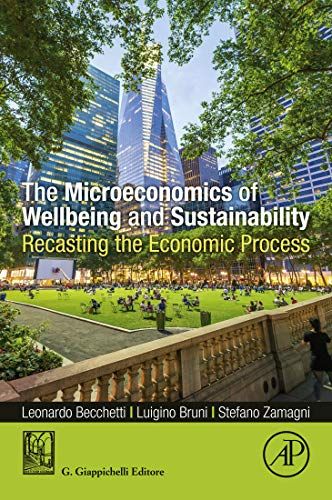
The Microeconomics of Wellbeing and Sustainability: Recasting the Economic Process explores the civil economy tradition in economic thought.
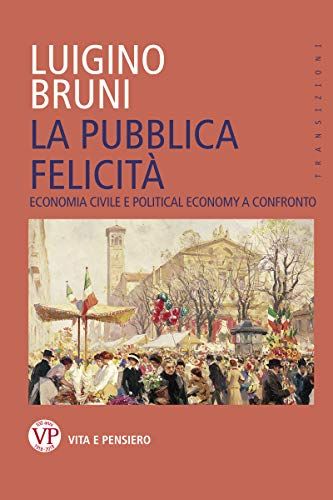
Sono profonde le differenze economico-culturali tra il nord e il sud dell’Europa. Le loro radici risalgono a cinque secoli fa, all’epoca della riforma protestante.
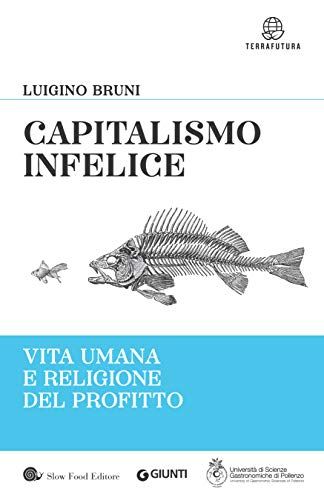
Oggi la dimensione religioso-sacrale del capitalismo ha invaso la politica, la scuola, le imprese e ha reso il lavoro uno strumento per aumentare il consumo idolatrico di beni.
Yet, whilst much was novel, thought-provoking and insightful, our most transformative encounters happened whenever we were exposed to ideas that fundamentally disrupted our own views of the world. When we screamed, and cried and resisted! When we passionately struggled… but those “nasty” ideas wouldn't let us go! And when, eventually, subtly, sweetly, almost caringly, those erstwhile hostile thoughts would turn into novel companions of travel and kindred spirits on our ongoing pilgrimage of inquiry and learning…
As Friedrich Dürrenmatt once claimed in his famous Physicists: „What has been thought once cannot be taken back.“ Indeed, it were those powerful ideas that in a most fundamental and existential manner changed us - pulling us "out of ourselves" to grow and become more, become freer...
Our encounter with Luigino Bruni offered several of such moments. With both shouting and screaming and bittersweet surrenders! We were amazed by his subtle intuition of some deeply-routed psychological dynamics below the icebergs of organisational life - investigating its sociality, ambiguity and immunisation; we devoured his skilfull unravelling of the history and philosophy ‘behind’ economics – culminating in new insights about reciprocity, gift, gratuitousness and agape; and we shuddered at his audacious attempt to re-infuse the dismal and anonymous mechanics of markets with light, wonder, sacredness, and salvation – drawing upon his interpretation of the gospel and witnessing the charism of transcendence.
“We shall not cease from exploration, and the end of all our exploring will be to arrive where we started and know the place for the first time.”
Chapeau, maestro Bruni!

The Best Bits from Leaders for Humanity with Luigino Bruni
Join our premiere!
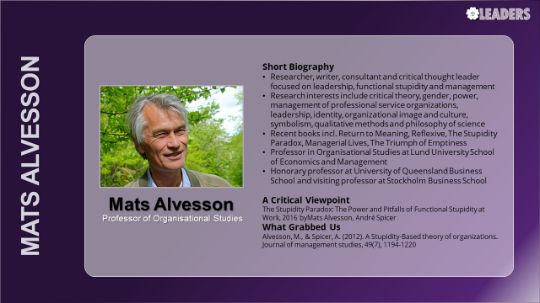
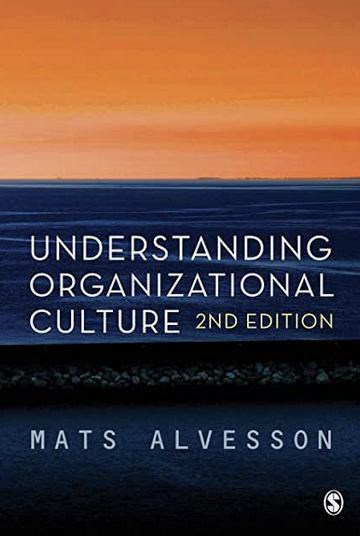
Understanding Organizational Culture
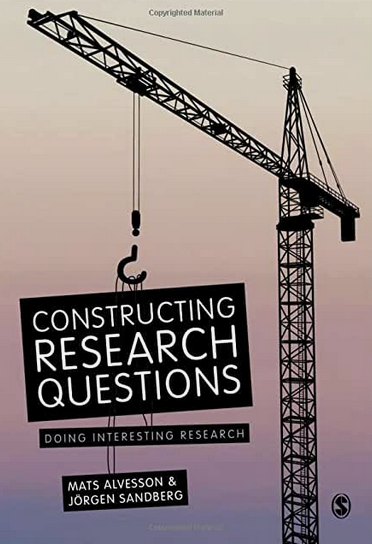
Constructing Research Questions
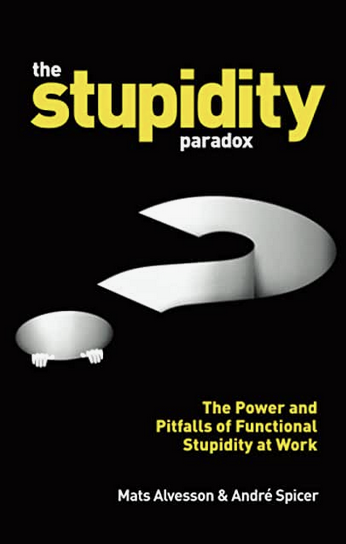
The Stupidity Paradox
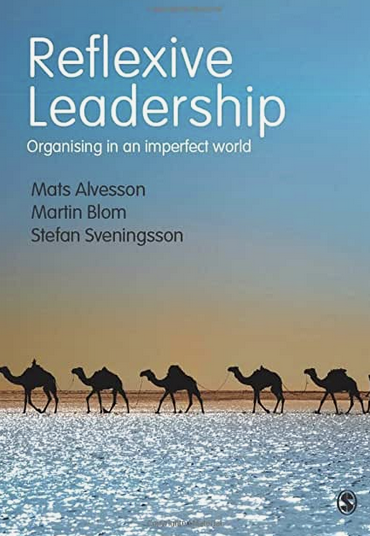
Reflexive Leadership
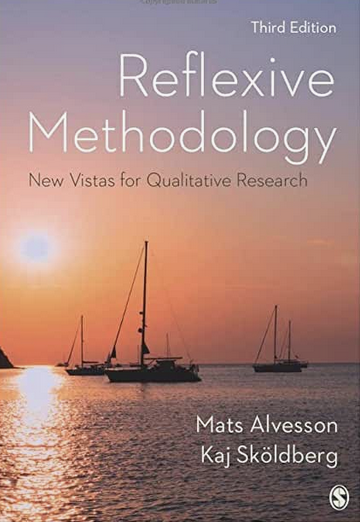
Reflexive Methodology
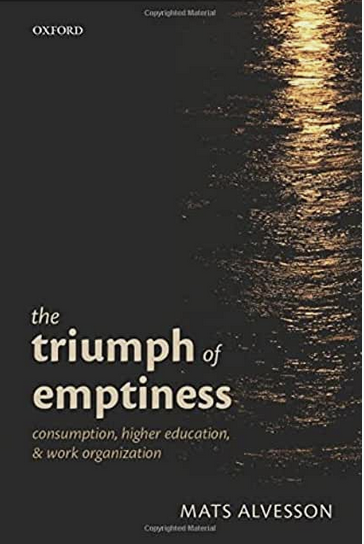
The Triumph of Emptiness
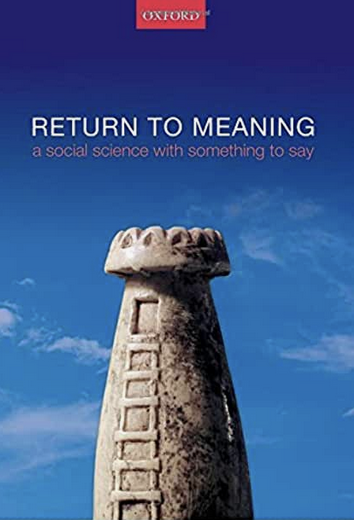
The Return to Meaning
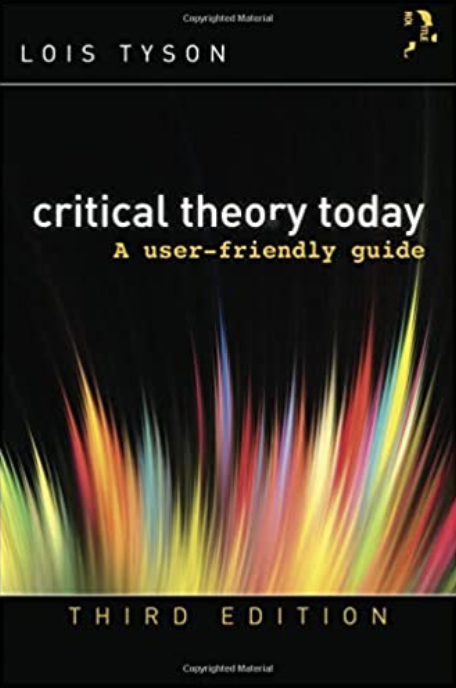
Critical Theory Today
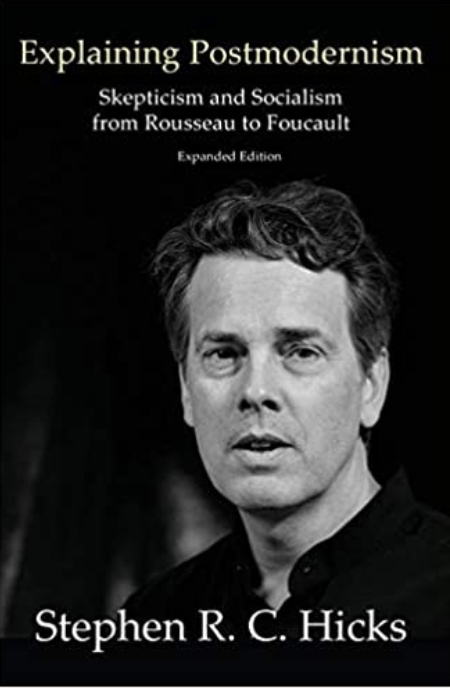
Explaining Postmodernism
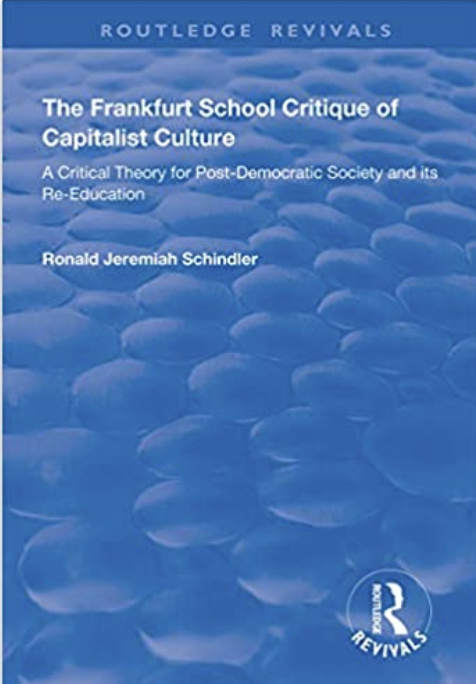
The Frankfurt School Critique of Capitalist Culture: A Critical Theory for Post-Democratic Society and Its Re-Education
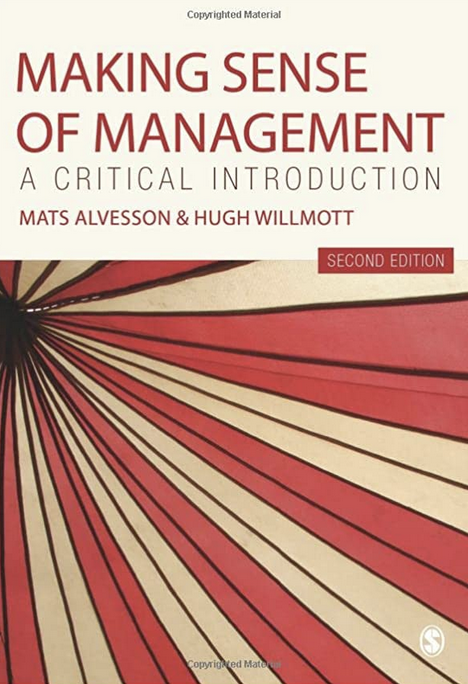
Making Sense of Management
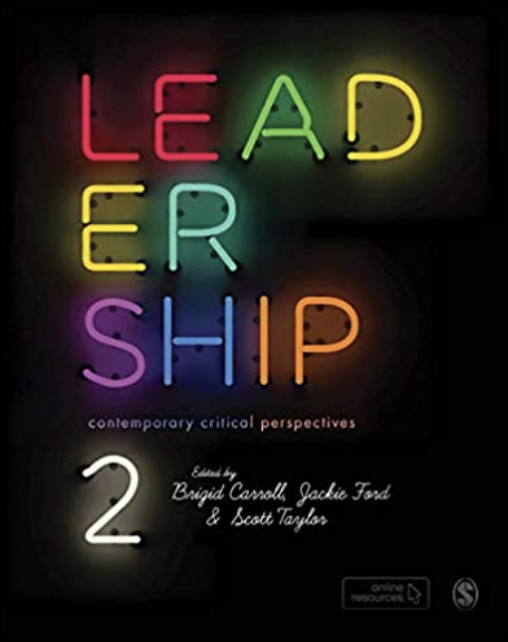
Leadership: Contemporary Critical Perspectives
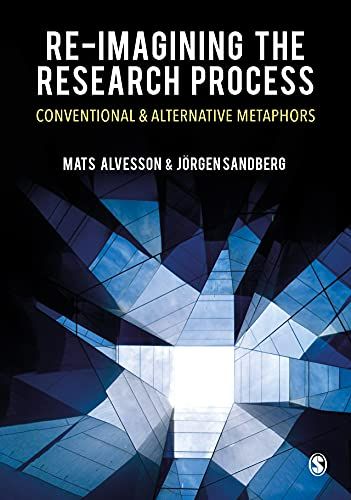
Re-imagining the Research Process: Conventional and Alternative Metaphors
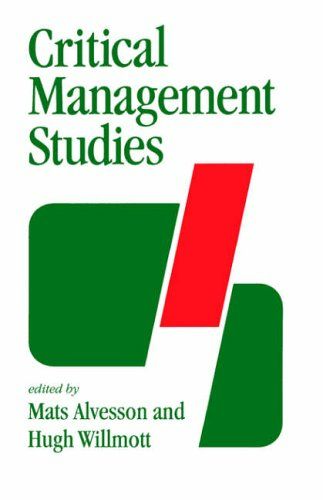
Critical Management Studies
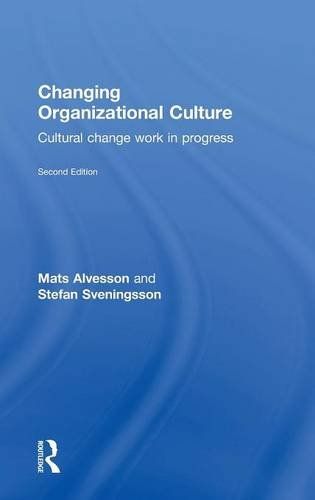
Changing Organizational Culture: Cultural change work in progress

Metaphors We Lead By: Understanding Leadership in the Real World
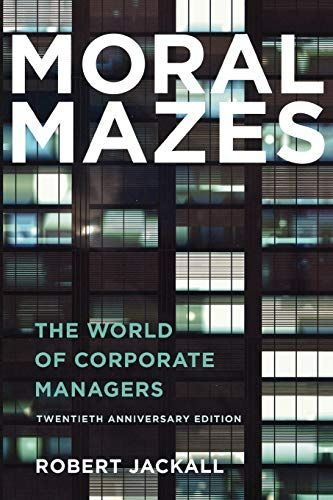
Moral Mazes: The World of Corporate Managers
Watch this space -
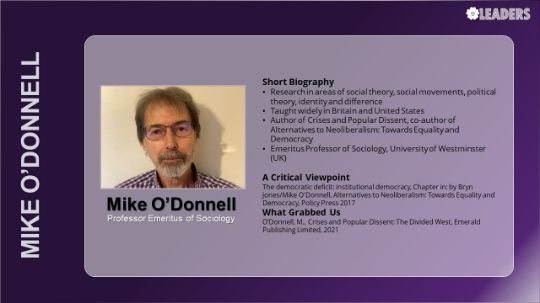
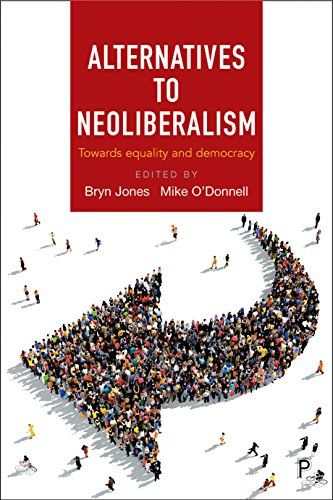
Alternatives to Neoliberalism: Towards Equality and Democracy
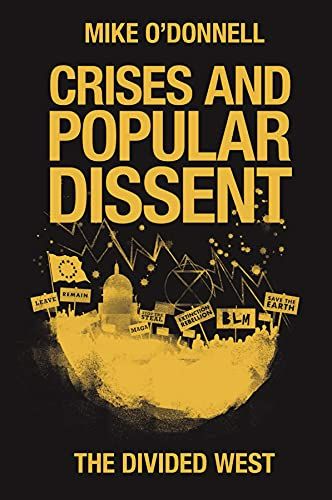
Crises and Popular Dissent: The Divided West
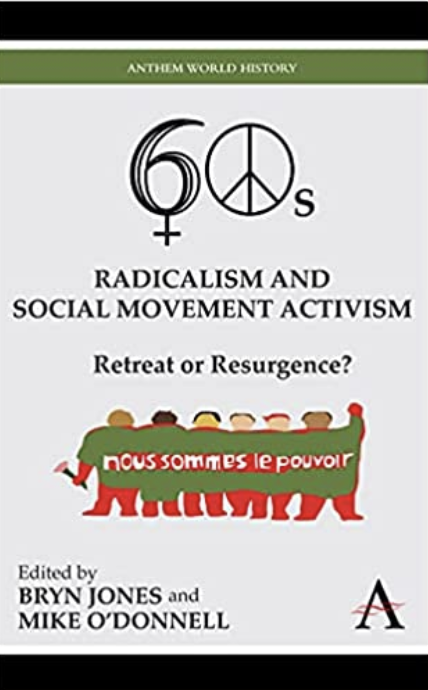
Radicalism and Social Movement Activism
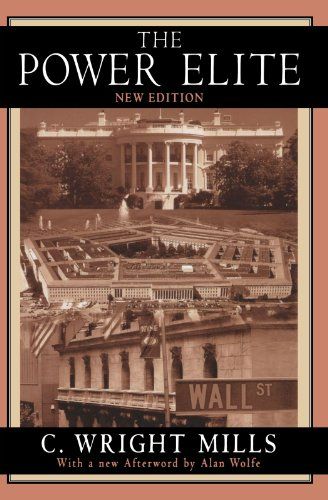
The Power Elite
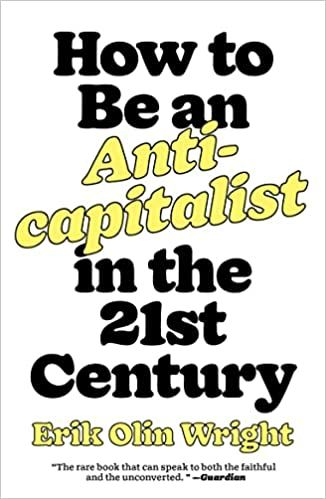
How to Be an Anticapitalist in the Twenty-First Century
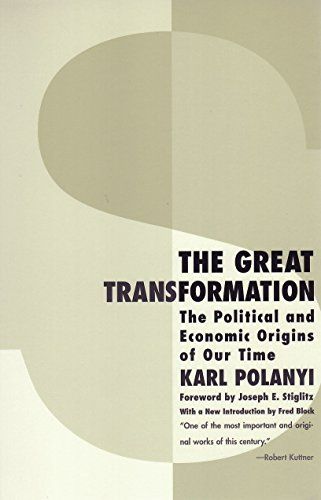
The Great Transformation: The Political and Economic Origins of Our Time
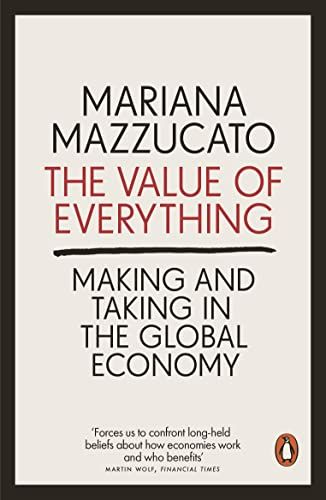
The Value of Everything: Making and Taking in the Global Economy
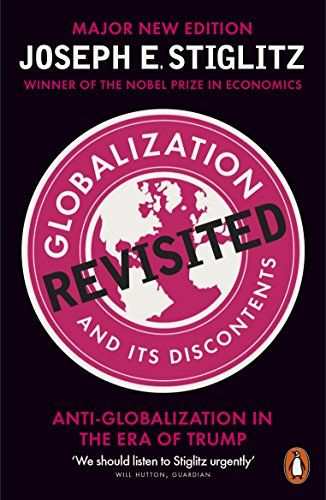
Globalization and Its Discontents Revisited: Anti-Globalization in the Era of Trump

Liberalism: The Classical Tradition
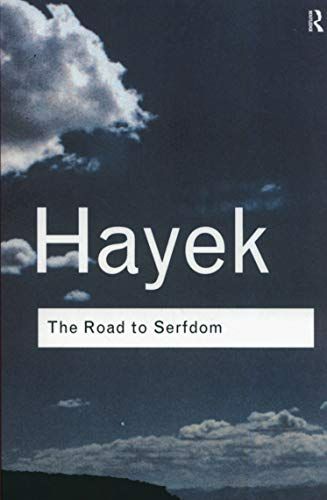
The Road to Serfdom
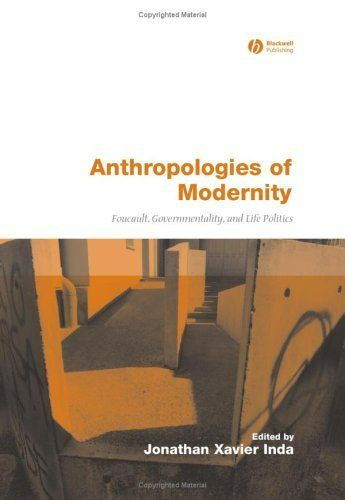
Anthropologies of Modernity: Foucault, Governmentality, and Life Politics
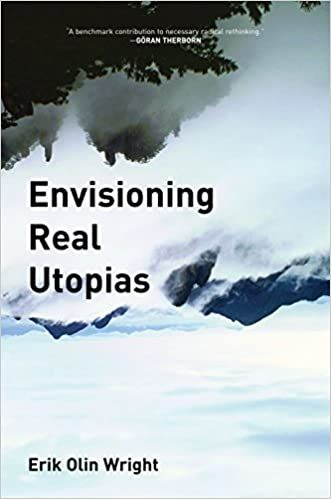
Envisioning Real Utopias
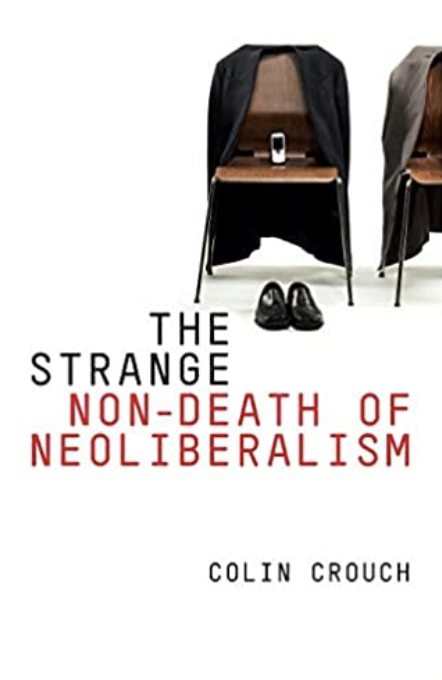
The Strange Non-Death of Neoliberalism
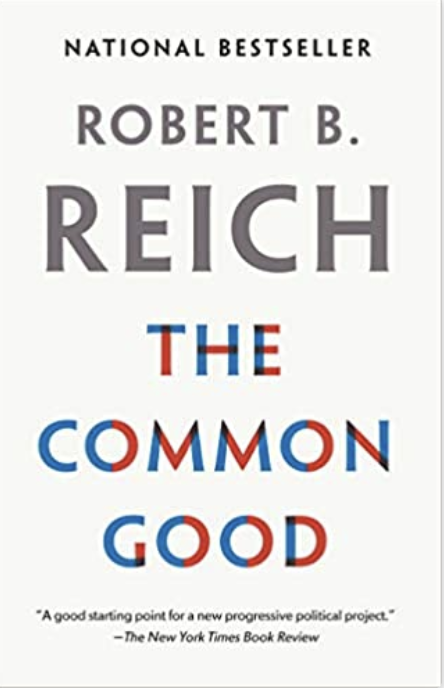
The Common Good
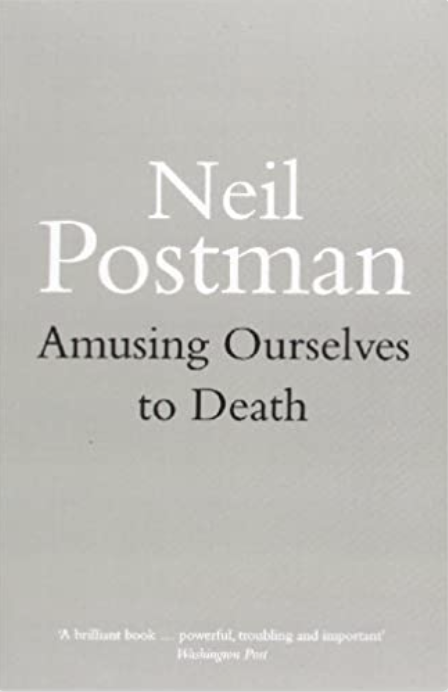
Amusing Ourselves to Death
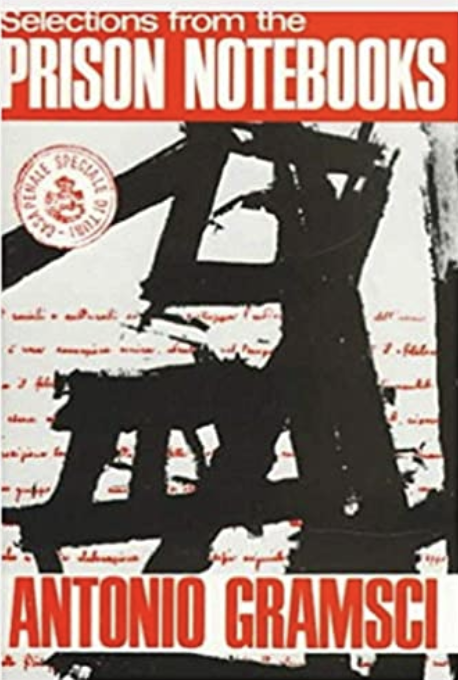
Selection from the Prison Notebooks
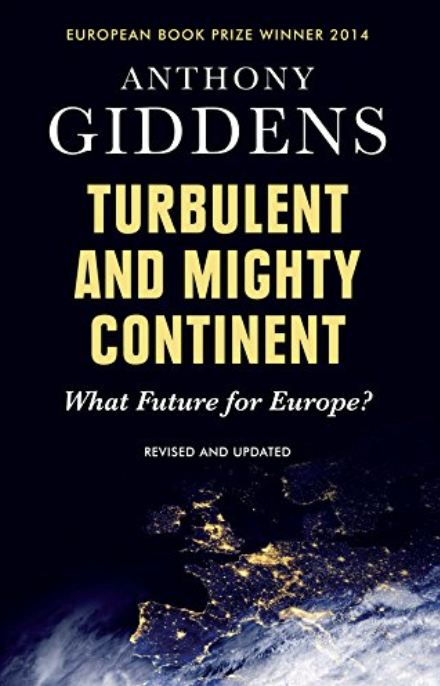
Turbulent and Mighty Continent
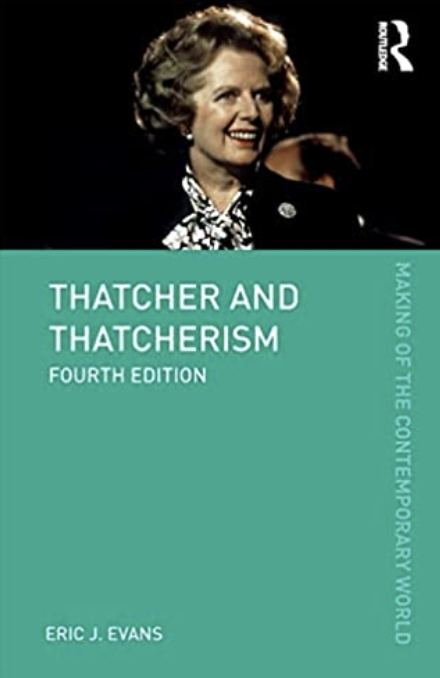
Thather and Thatcherism
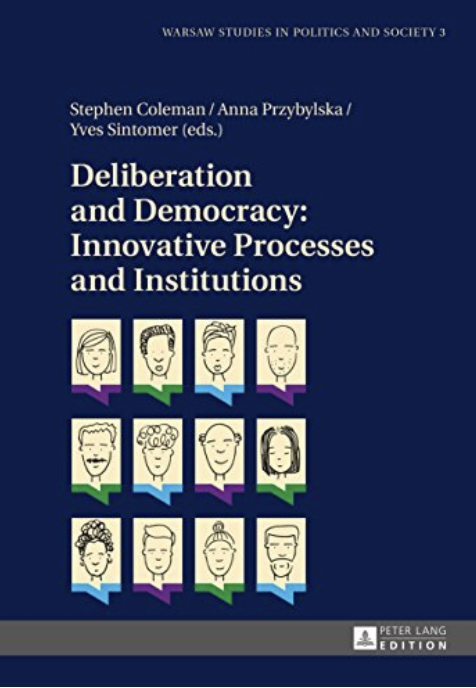
Deliberation and Democracy: Innovative Processes and Institutions
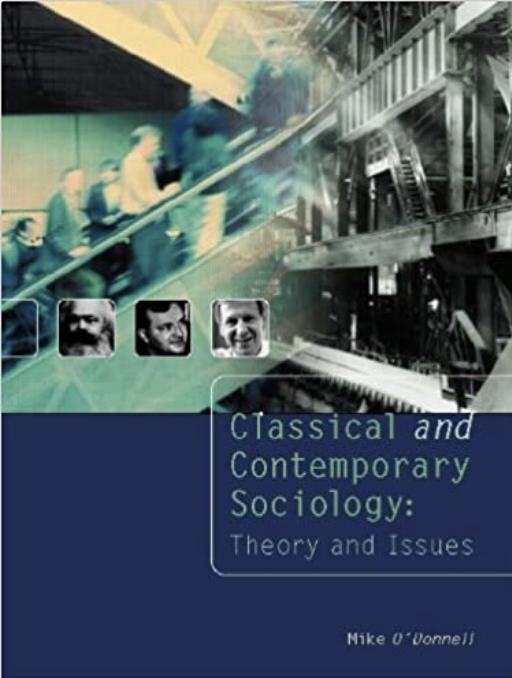
Classical and Contemporary Sociological Theory and Issues
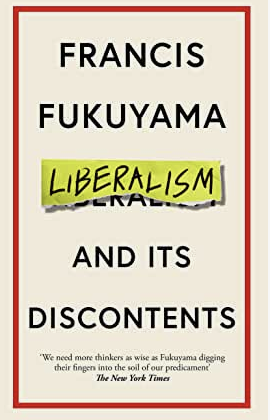
Liberalism and its Discontents

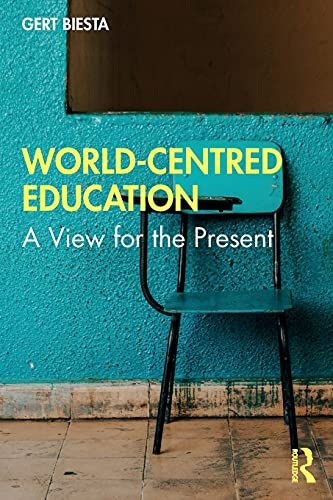
World-Centred Education: A View for the Present
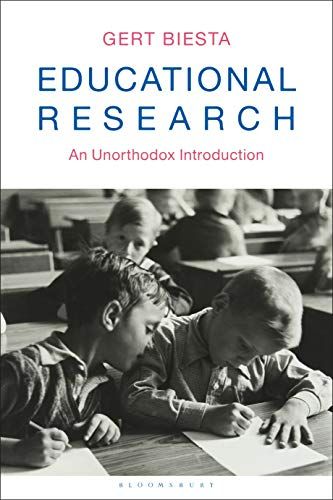
Educational Research: An Unorthodox Introduction
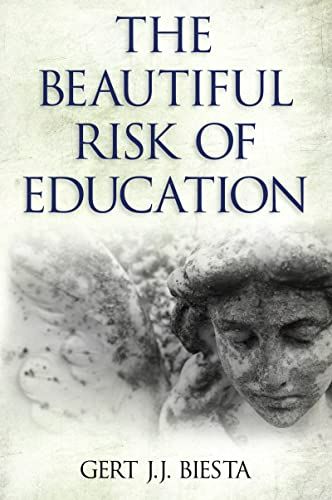
Beautiful Risk of Education: (Interventions Education, Philosophy, and Culture)
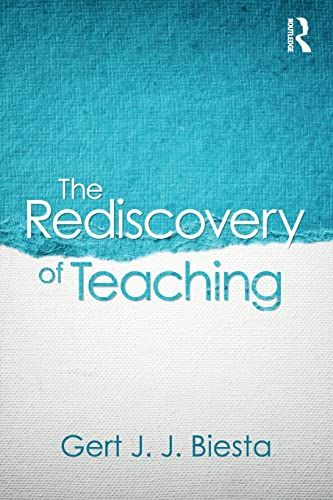
The Rediscovery of Teaching

Teacher Agency: An Ecological Approach
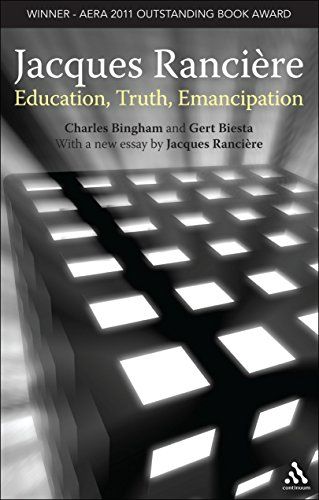
Jacques Ranciere: Education, Truth, Emancipation
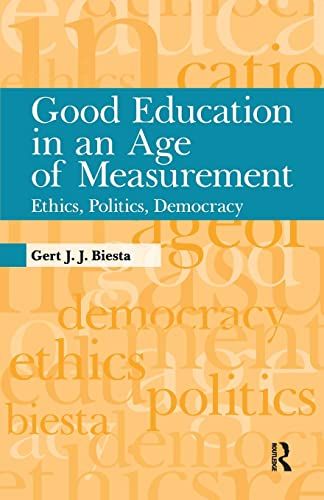
Good Education in an Age of Measurement: Ethics, Politics, Democracy (Interventions: Education, Philosophy, and Culture)
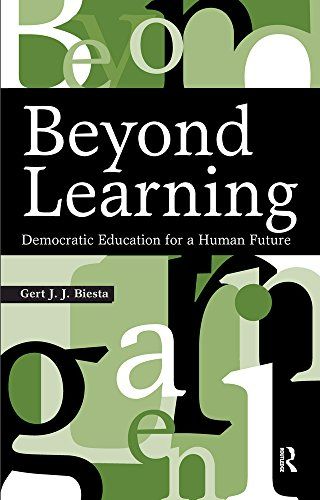
Beyond Learning: Democratic Education for a Human Future (Interventions: Education, Philosophy, and Culture)
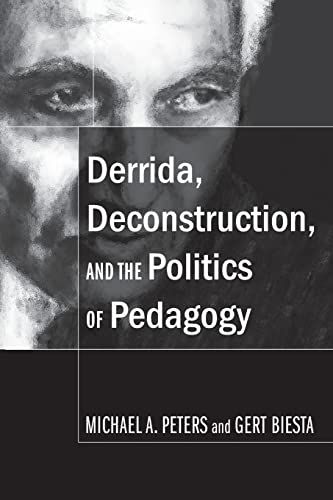
Derrida, Deconstruction, and the Politics of Pedagogy (323) (Counterpoints: Studies in Criticality)
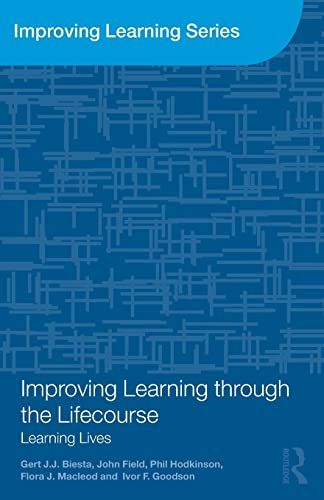
Improving Learning through the Lifecourse: Learning Lives
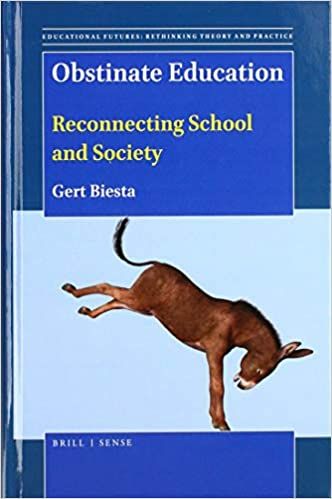
Obstinate Education: Reconnecting School and Society: 72 (Educational Futures)
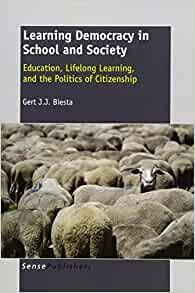
Learning Democracy in School and Society: Education, Lifelong Learning, and the Politics of Citizenship
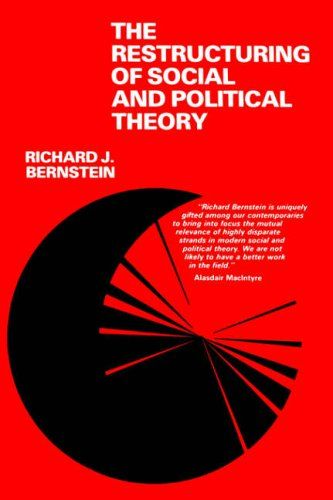
The Restructuring of Social and Political Theory
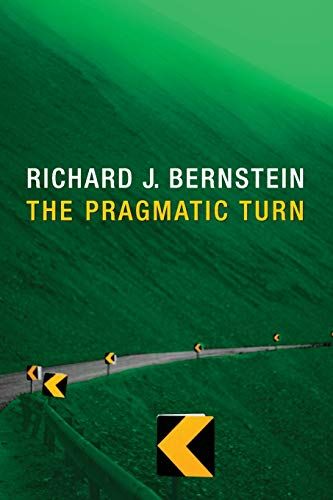
The Pragmatic Turn
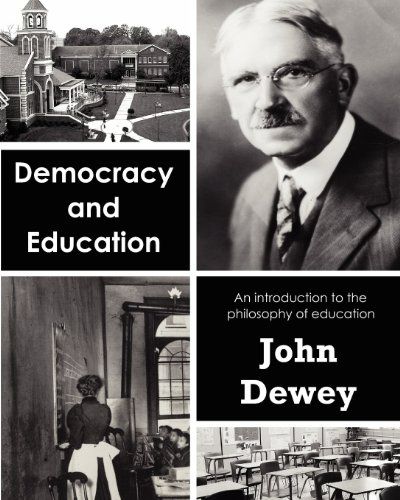
Democracy And Education
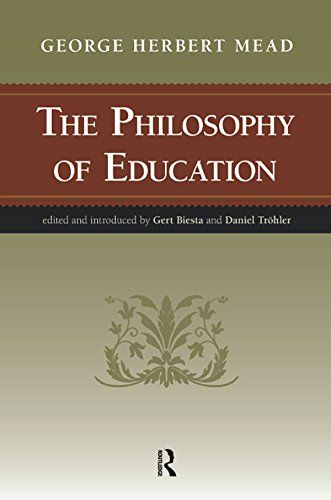
Philosophy of Education
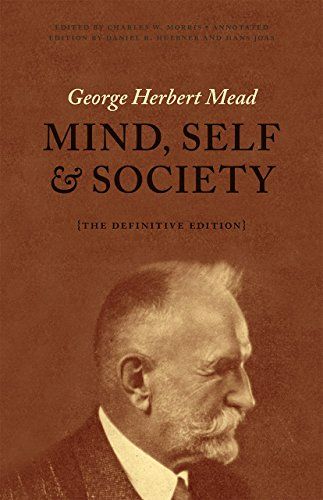
Mind, Self, and Society: The Definitive Edition
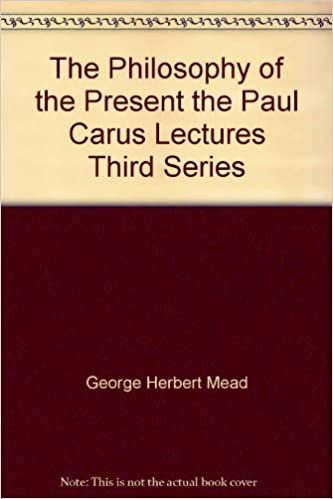
The Philosophy of the Present the Paul Carus Lectures Third Series

Humanism of the Other
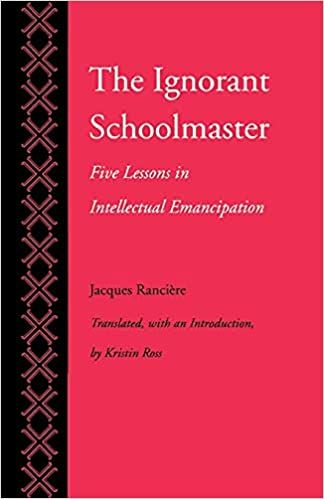
The Ignorant Schoolmaster: Five Lessons in Intellectual Emancipation
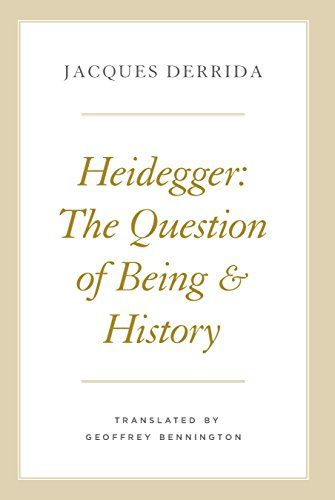
Heidegger: The Question of Being and History (The Seminars of Jacques Derrida)
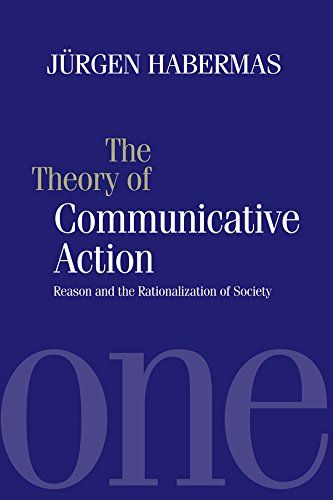
The Theory of Communicative Action: Reason and the Rationalization of Society
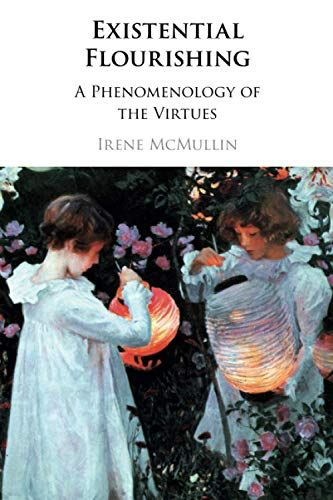
Existential Flourishing: A Phenomenology of the Virtues

Power: The Essential Works of Michel Foucault
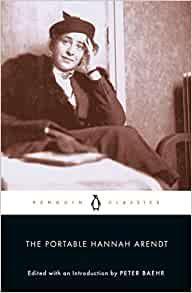
The Portable Hannah Arendt (Penquin Classics)
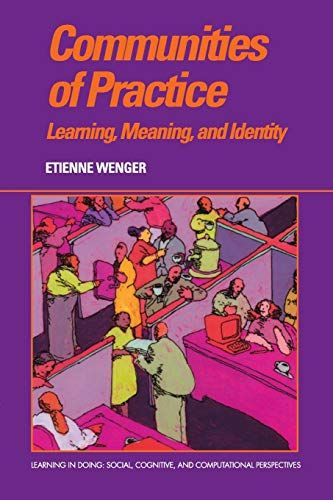
Communities of Practice: Learning, Meaning, And Identity (Learning in Doing: Social, Cognitive and Computational Perspectives)
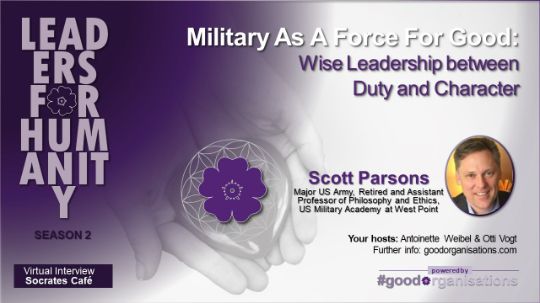
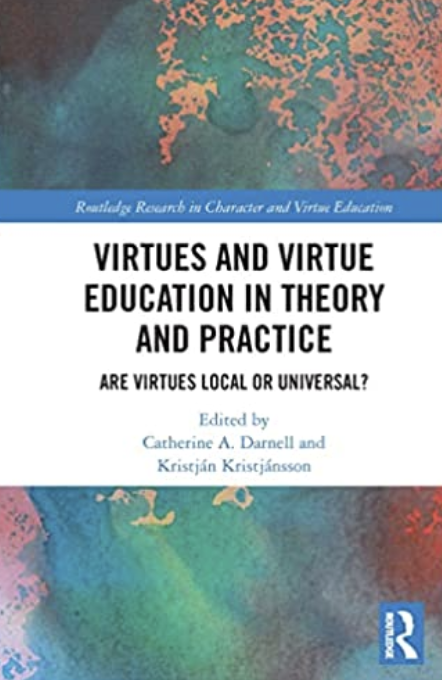
Virtues and Virtue Education in Theory and in Practice
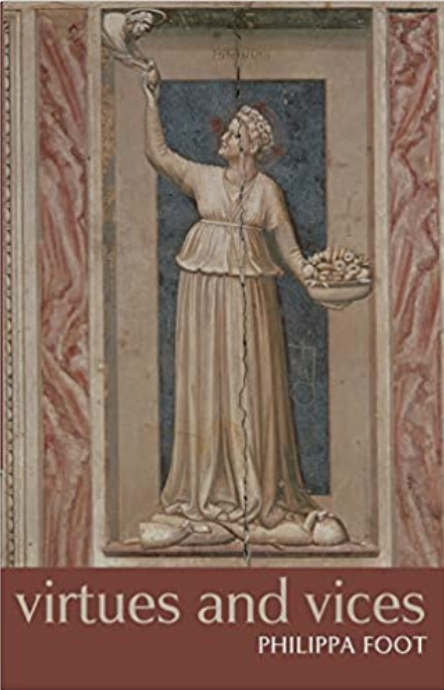
Virtues and Vices
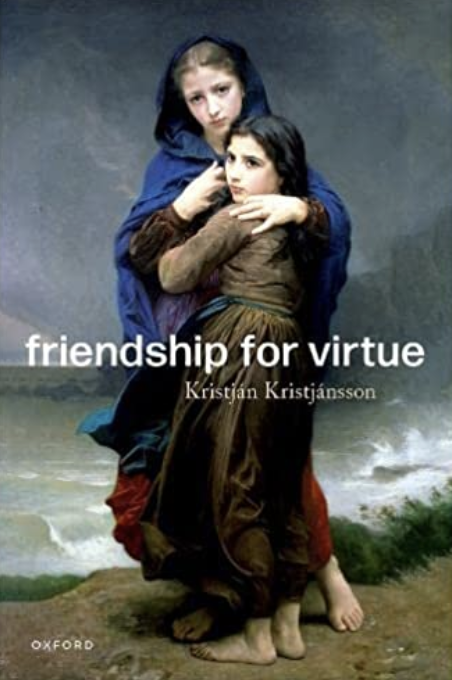
Friendship for Virtue
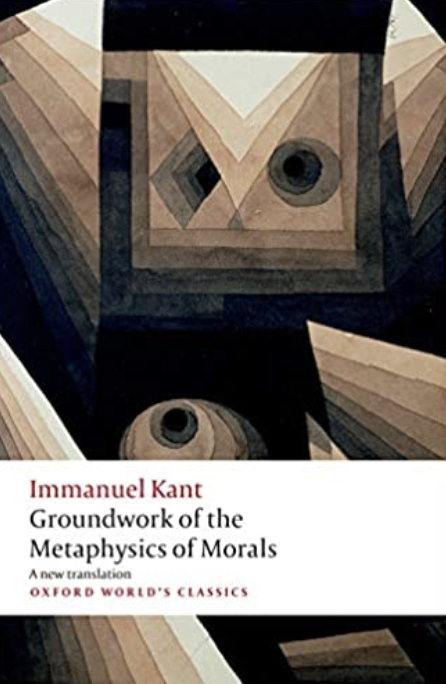
Groundwork of the Metaphysics of Morals
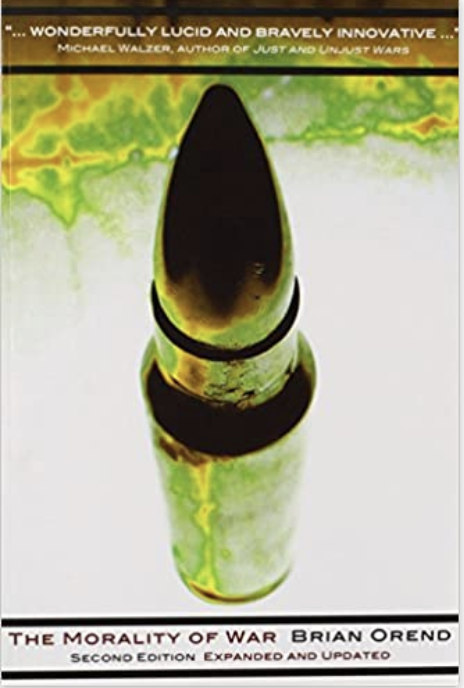
The Morality of War
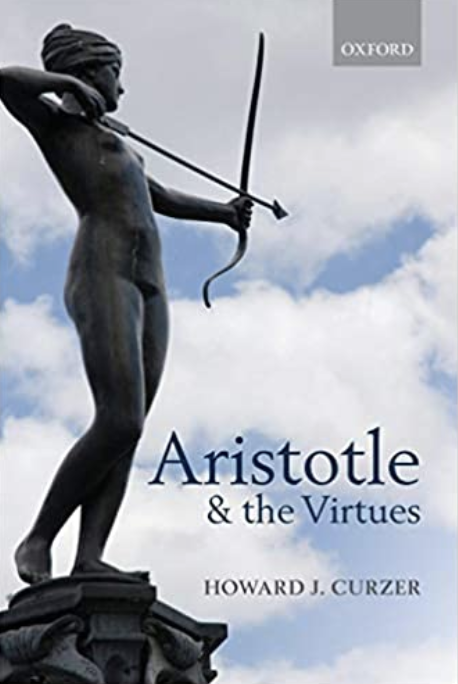
Aristotle and the Virtues
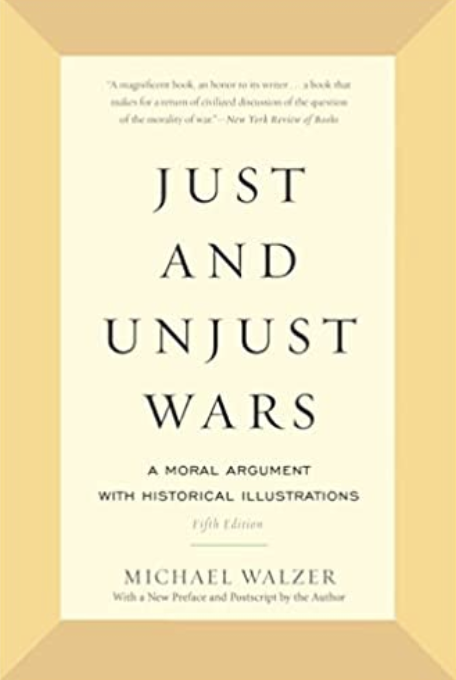
Just and Unjust Wars
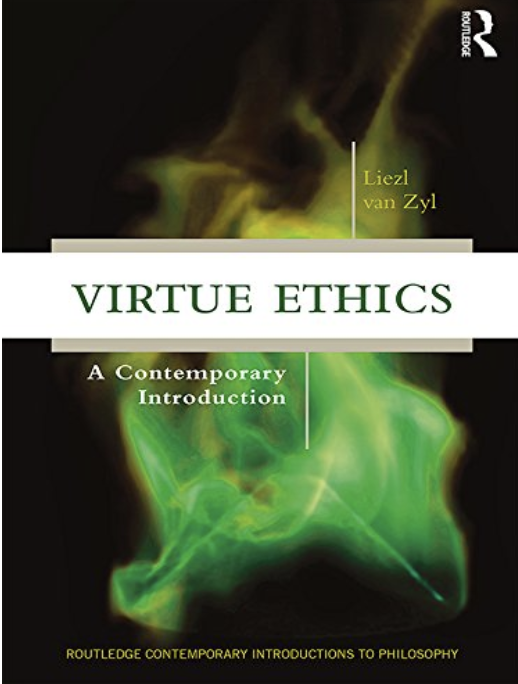
Virtue Ethics - A Contemporary Introduction
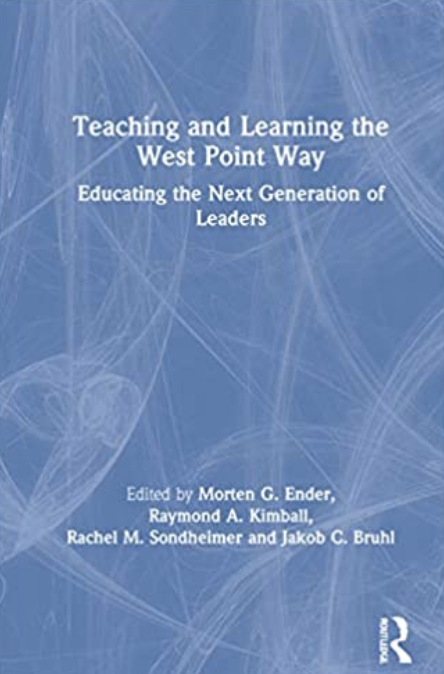
Teaching and Learning the Westpoint Way
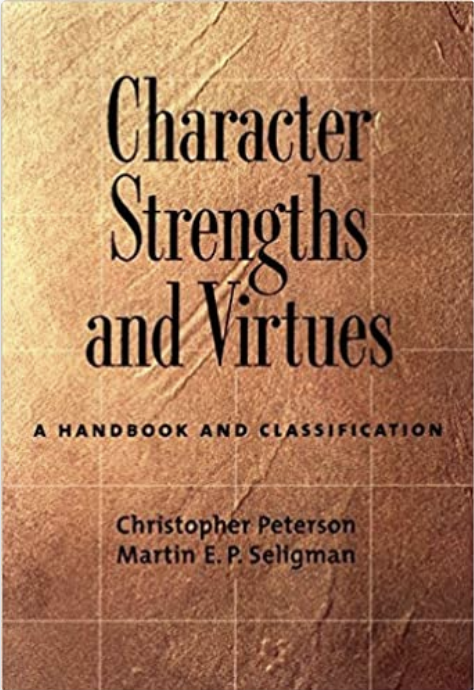
Character Strengths and Virtues
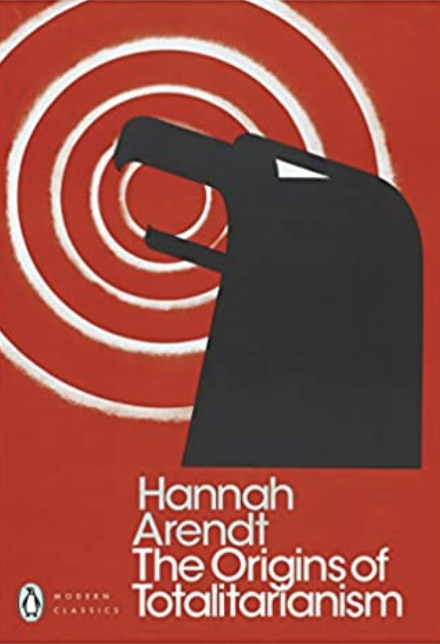
The Origins of Totalitarianism
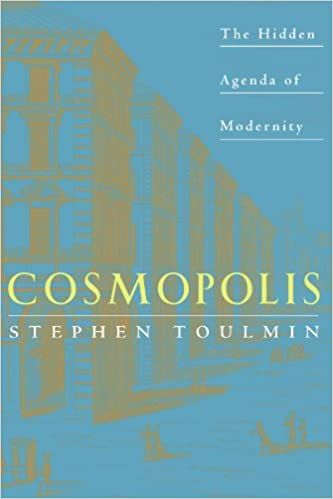
Cosmopolis: The Hidden Agenda of Modernity
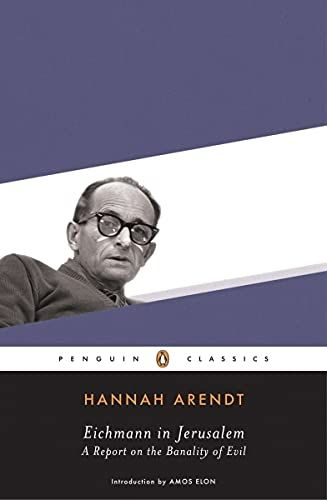
Eichmann in Jerusalem: A Report on the Banality of Evil
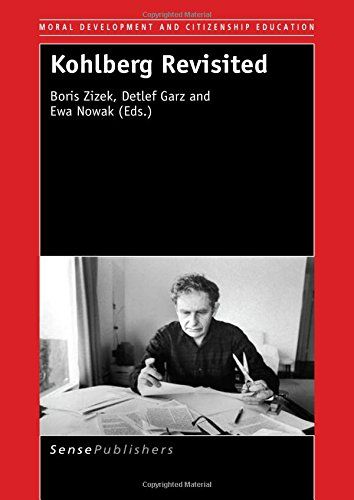
Kohlberg Revisited (Moral Development and Citizenship Education)
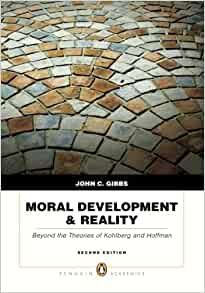
Moral Development & Reality: Beyond the Theories of Kohlberg and Hoffman
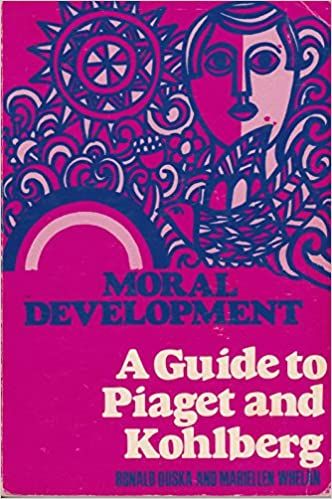
Moral Development: Guide to Piaget and Kohlberg
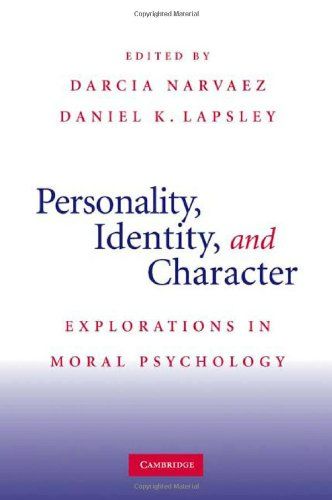
Personality, Identity, and Character: Explorations in Moral Psychology
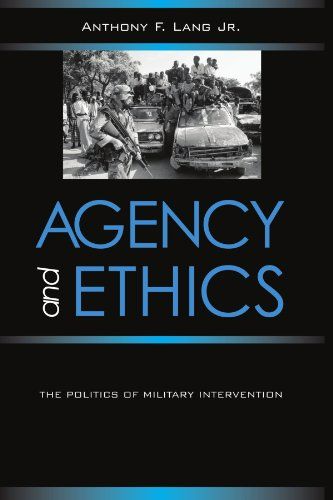
Agency and Ethics: The Politics of Military Intervention (SUNY series in Global Politics)
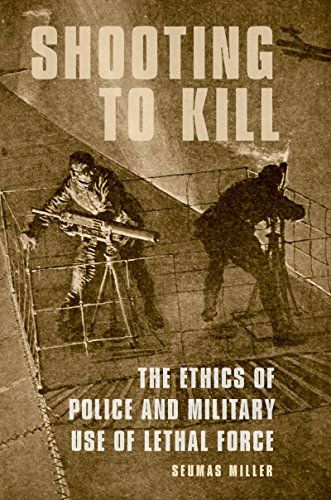
Shooting to Kill: The Ethics of Police and Military Use of Lethal Force
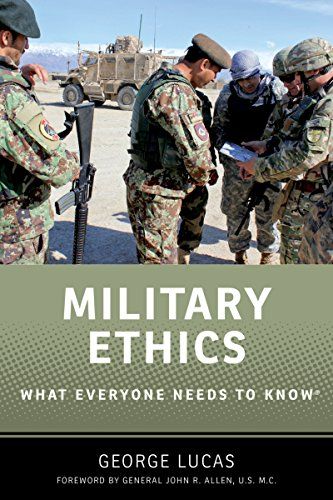
Military Ethics: What Everyone Needs to Know
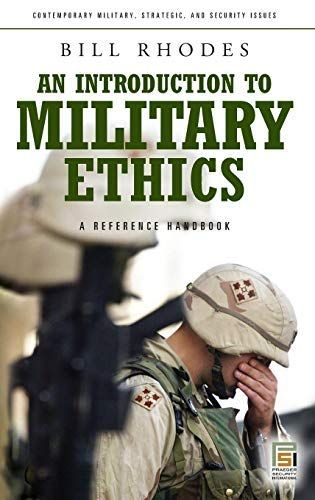
Introduction to Military Ethics, An: A Reference Handbook
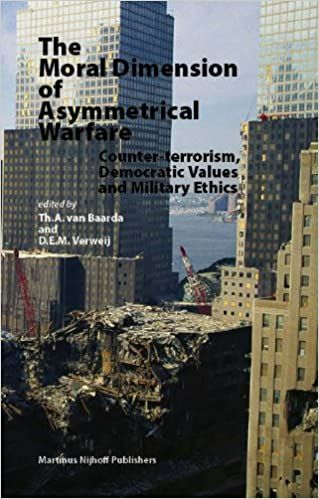
The Moral Dimension of Asymmetrical Warfare: Counter-terrorism, Democratic Values and Military Ethics
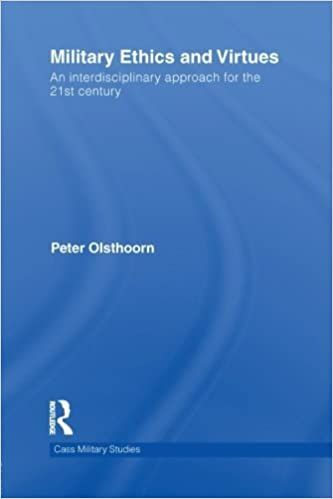
Military Ethics and Virtues

the-moral-warrior
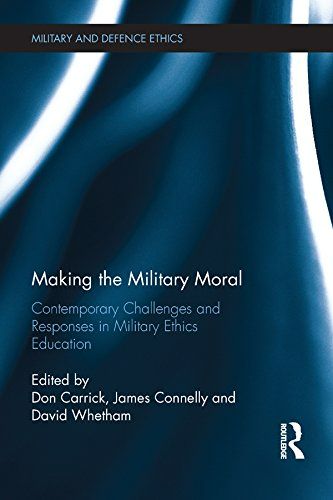
Making the Military Moral: Contemporary Challenges and Responses in Military Ethics Education (Military and Defence Ethics)
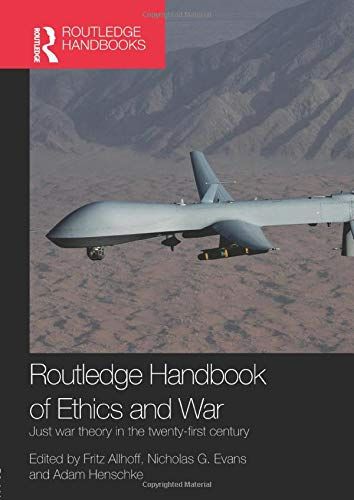
Routledge Handbook of Ethics and War: Just War Theory in the 21st Century
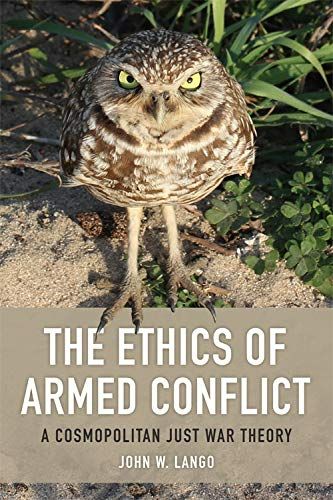
The Ethics of Armed Conflict: A Cosmopolitan Just War Theory
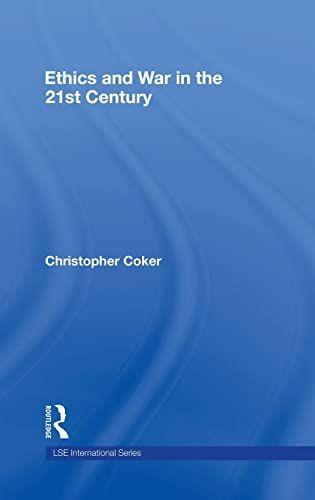
Ethics and War in the 21st Century (LSE International Studies Series
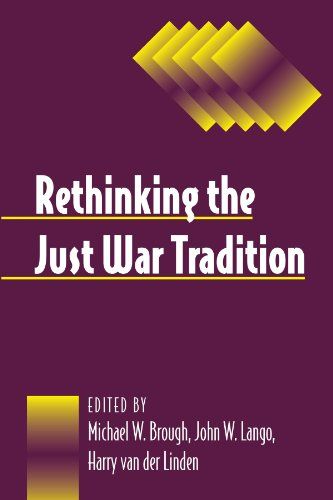
Rethinking the Just War Tradition (Suny Series, Ethics and the Military Profession)

The Cambridge Handbook of the Just War (Cambridge Handbooks in Philosophy)
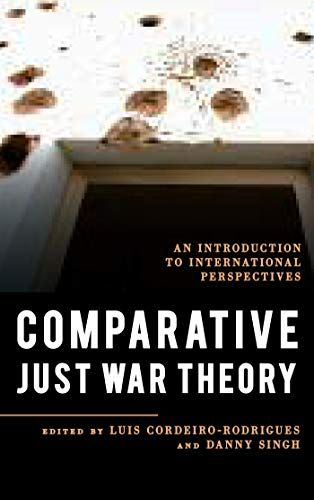
Comparative Just War Theory: An Introduction to International Perspectives
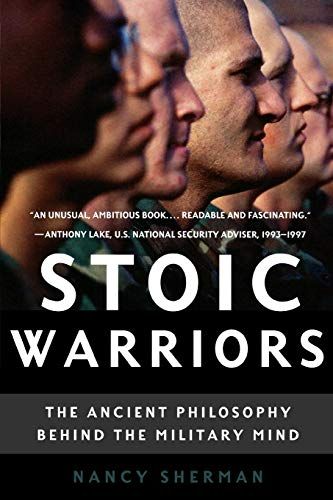
Stoic Warriors: The Ancient Philosophy Behind the Military Mind

Virtuous Emotions

Virtue Ethics and Moral Education

Education for Values: Morals, Ethics and Citizenship in Contemporary Teaching

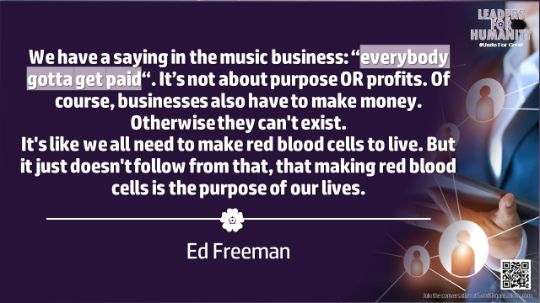
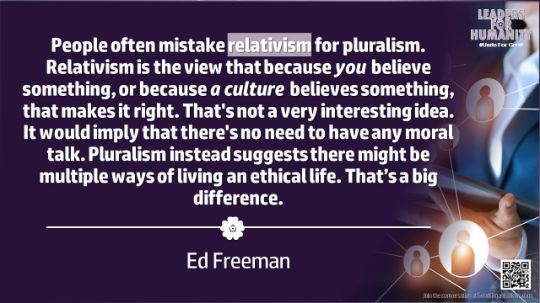
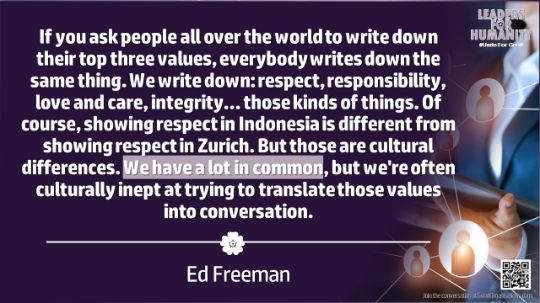
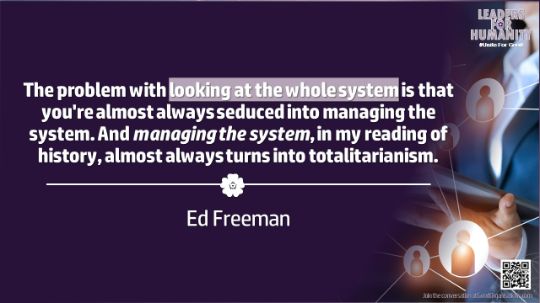
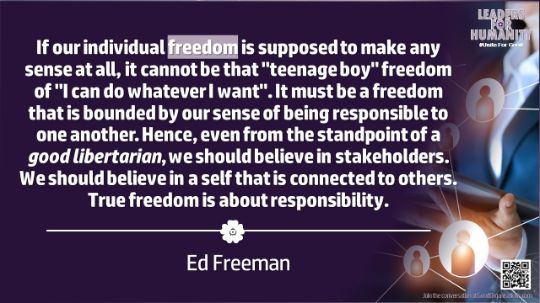
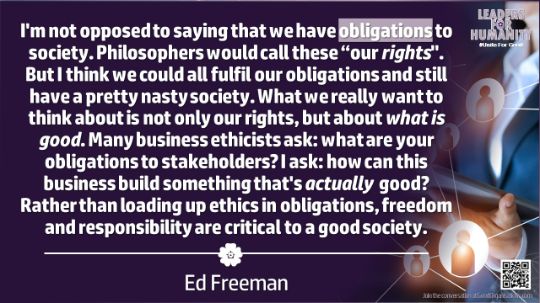
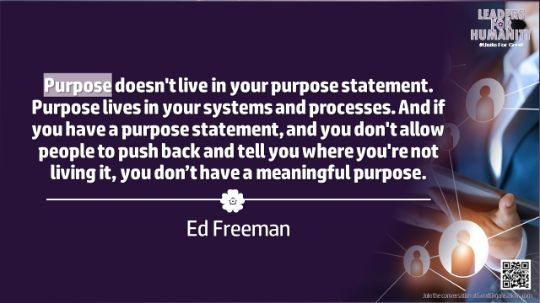
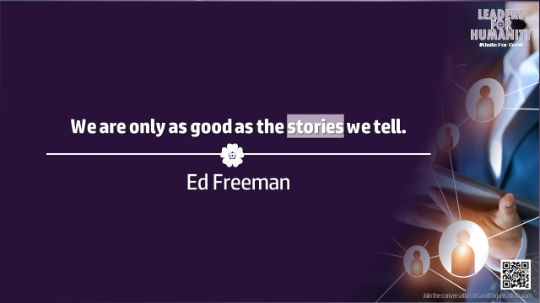
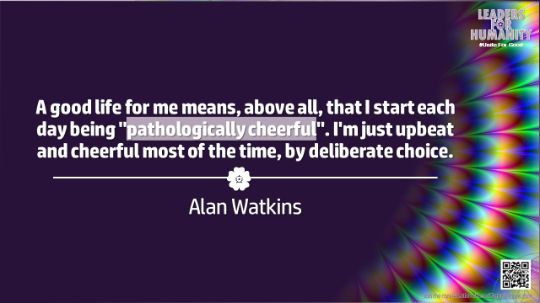
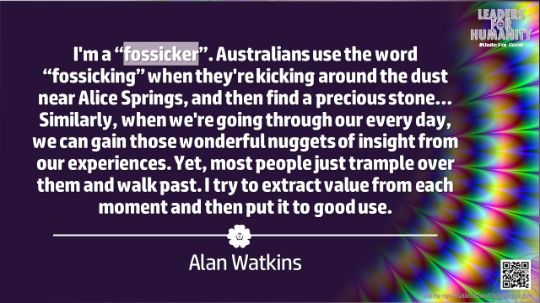
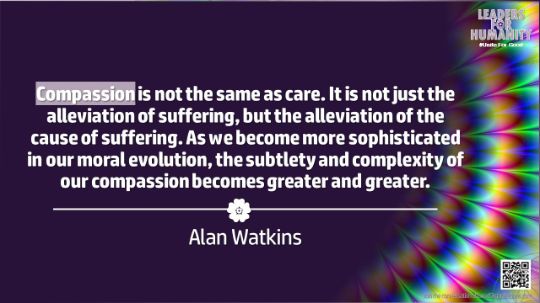
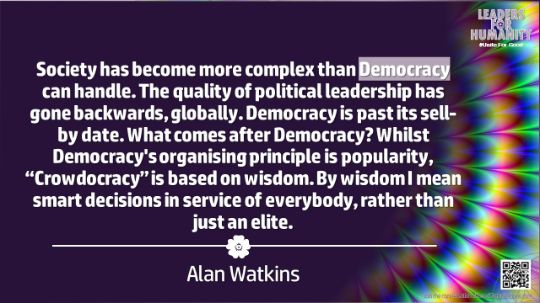
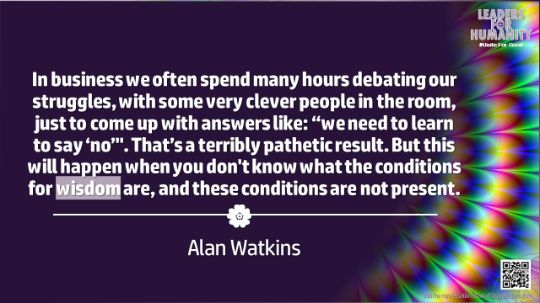
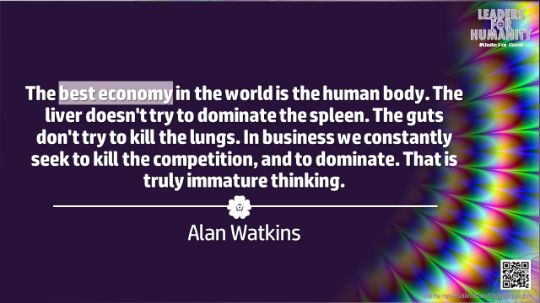
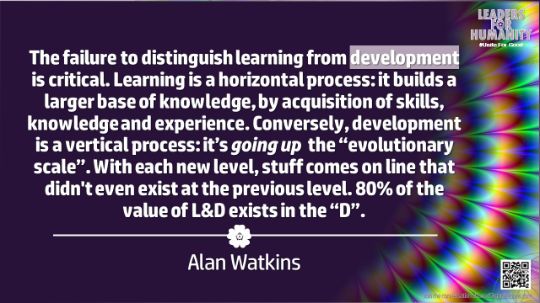
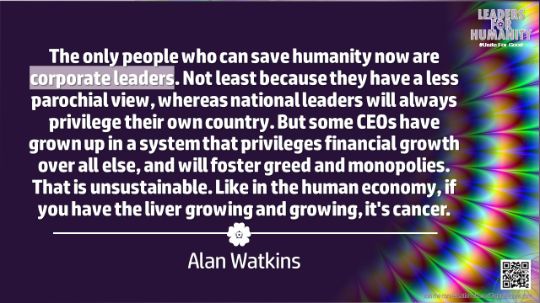

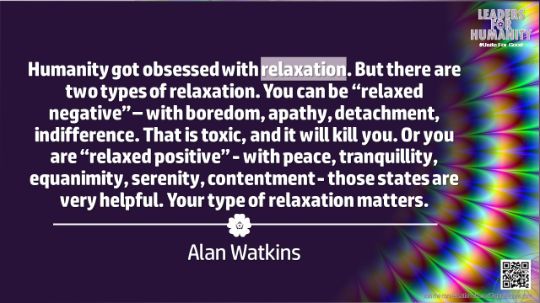
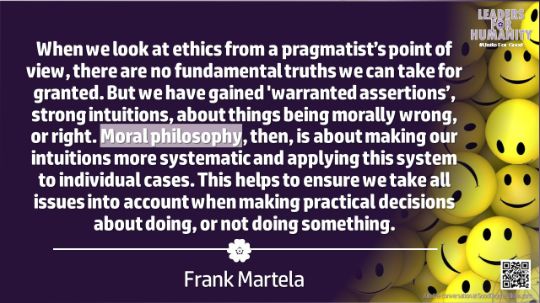
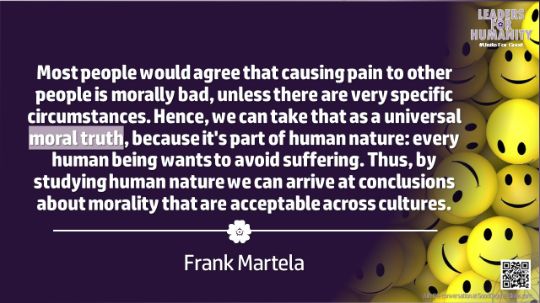
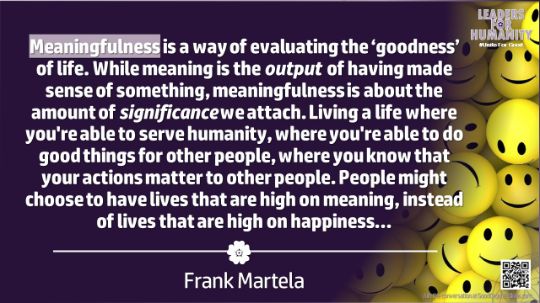
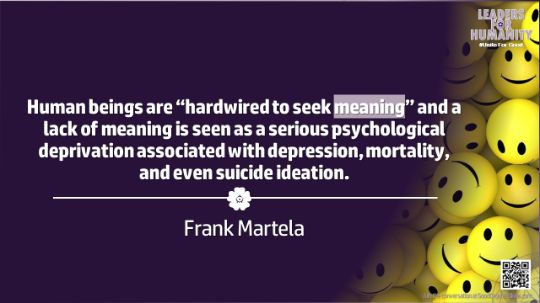
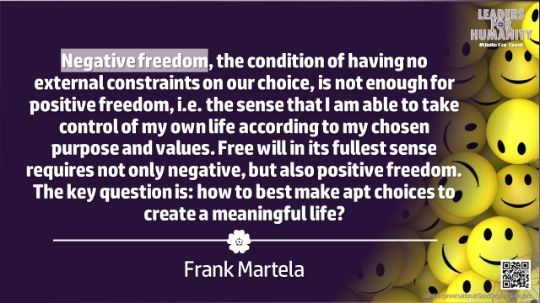
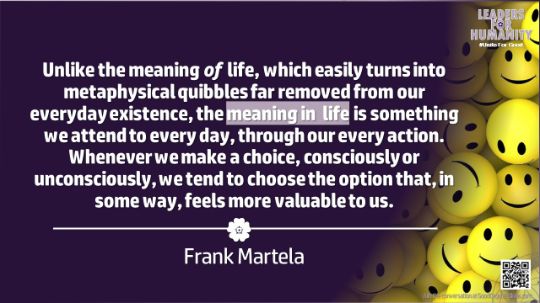
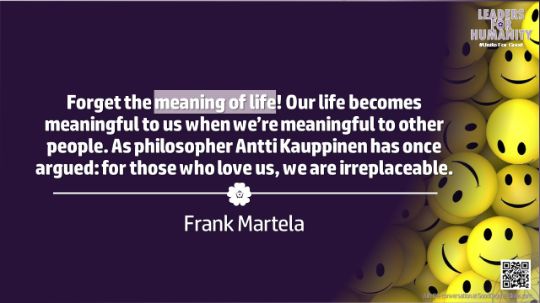
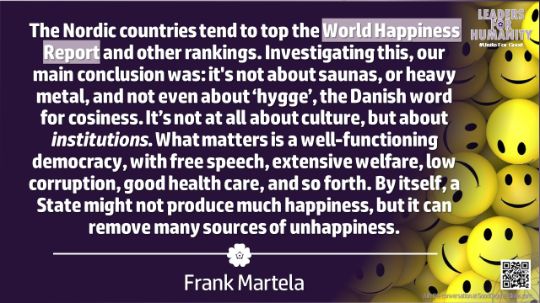
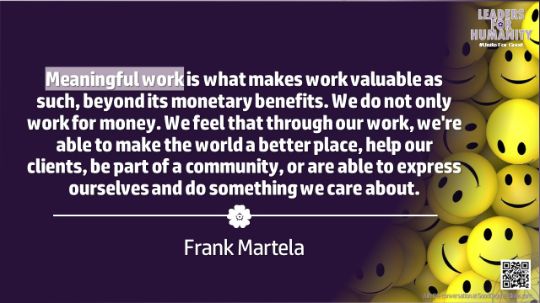
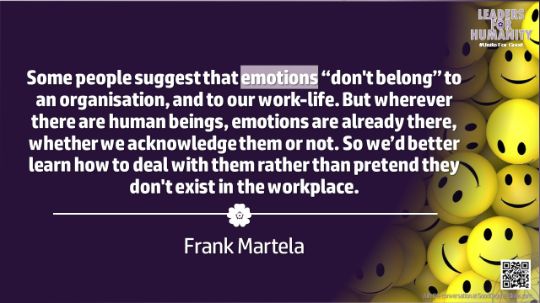
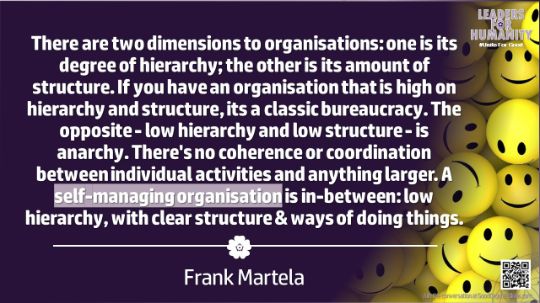
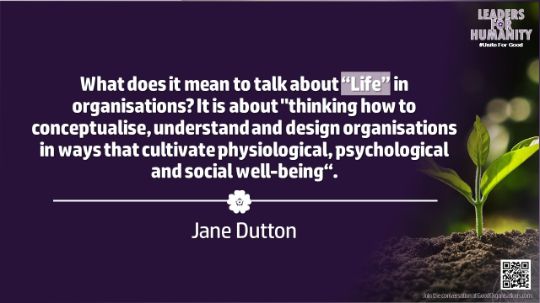
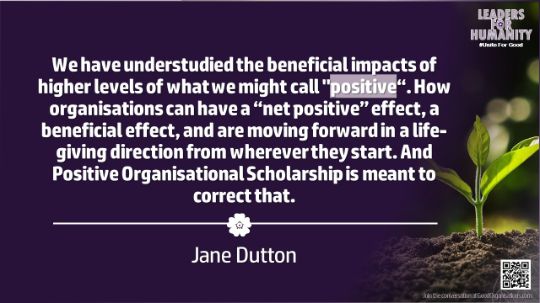
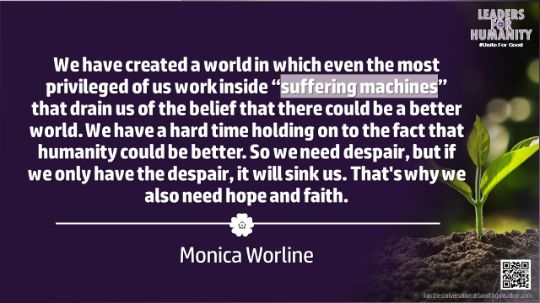
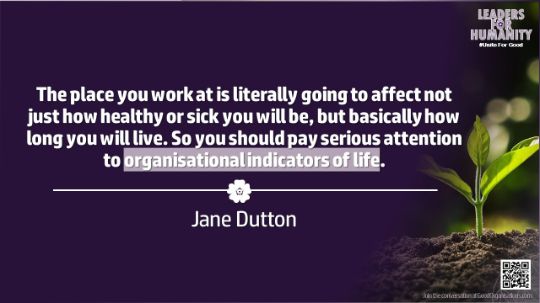
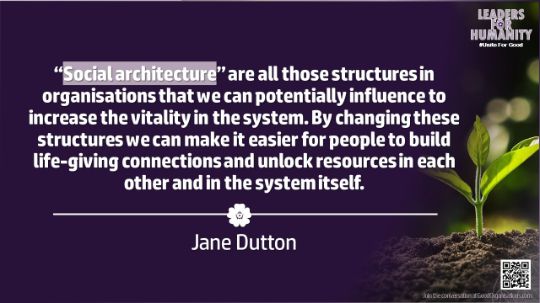
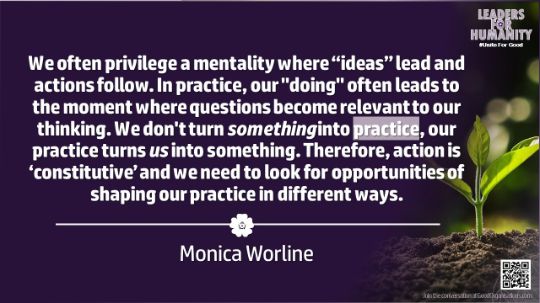
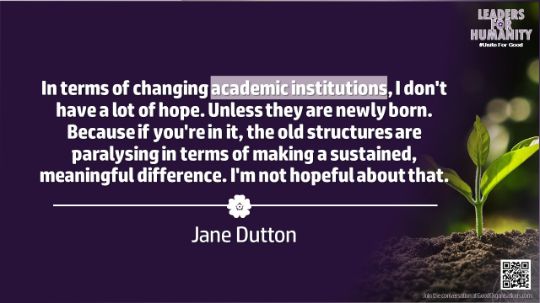
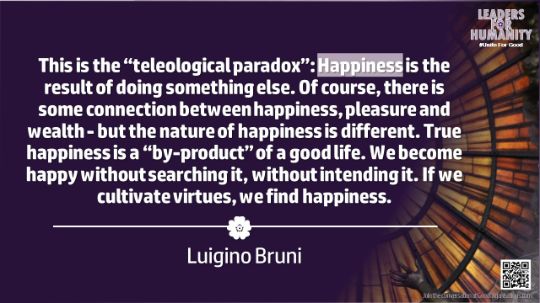
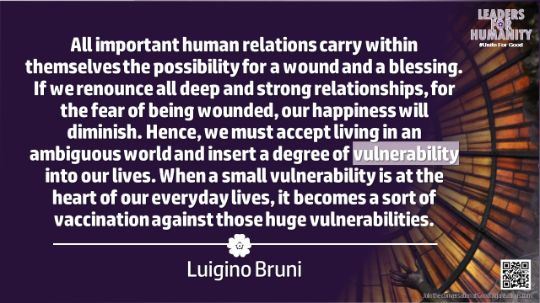
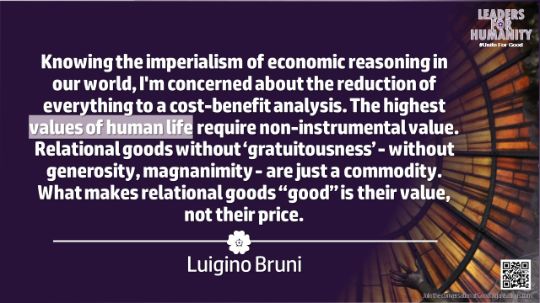
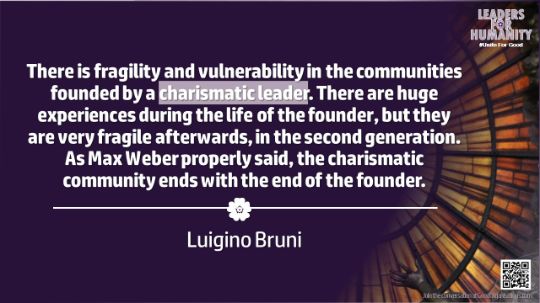
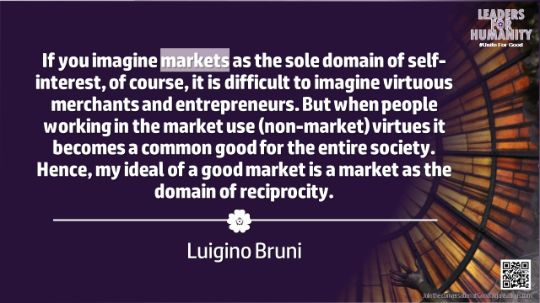
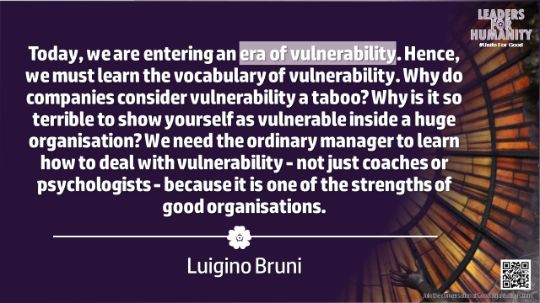
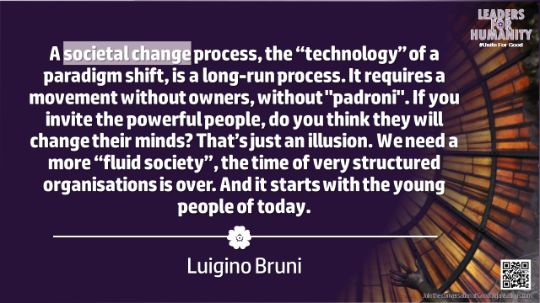
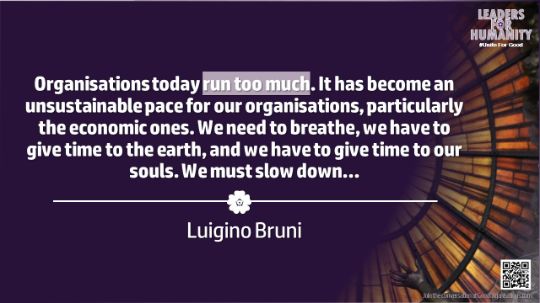
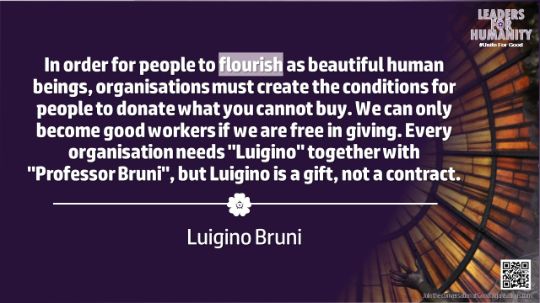
 .
.